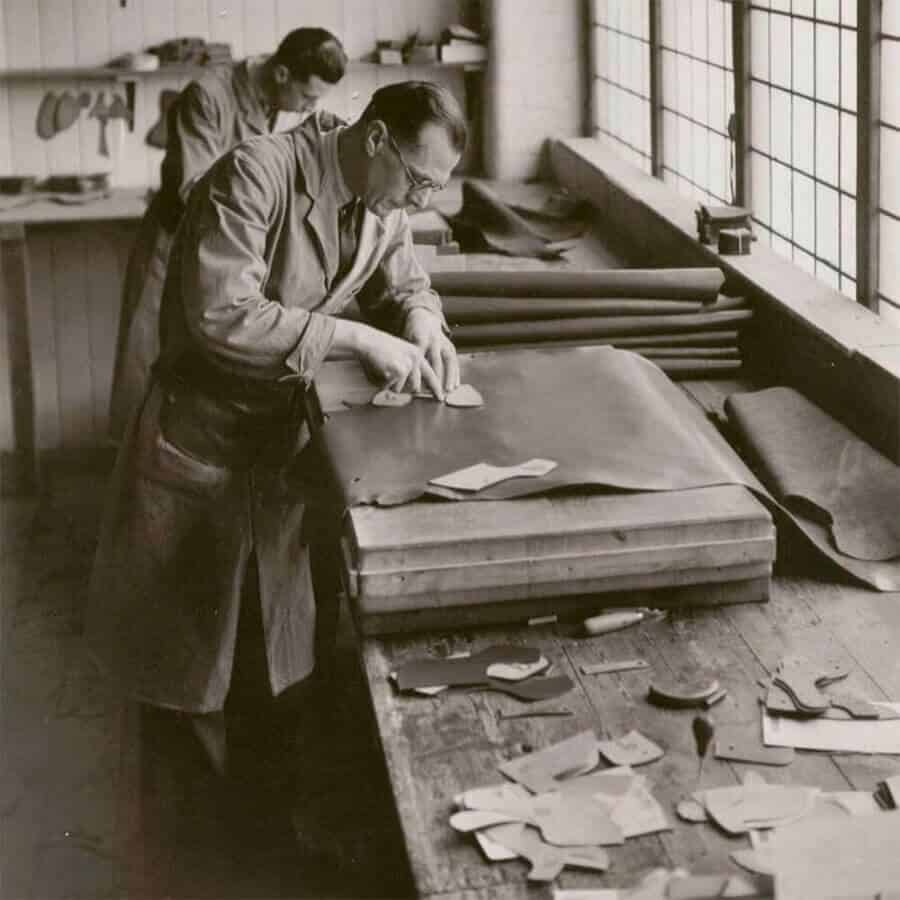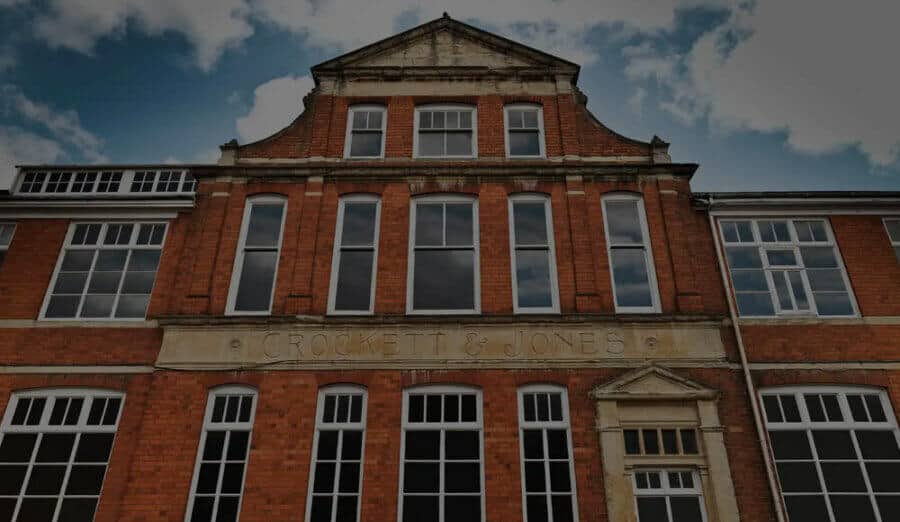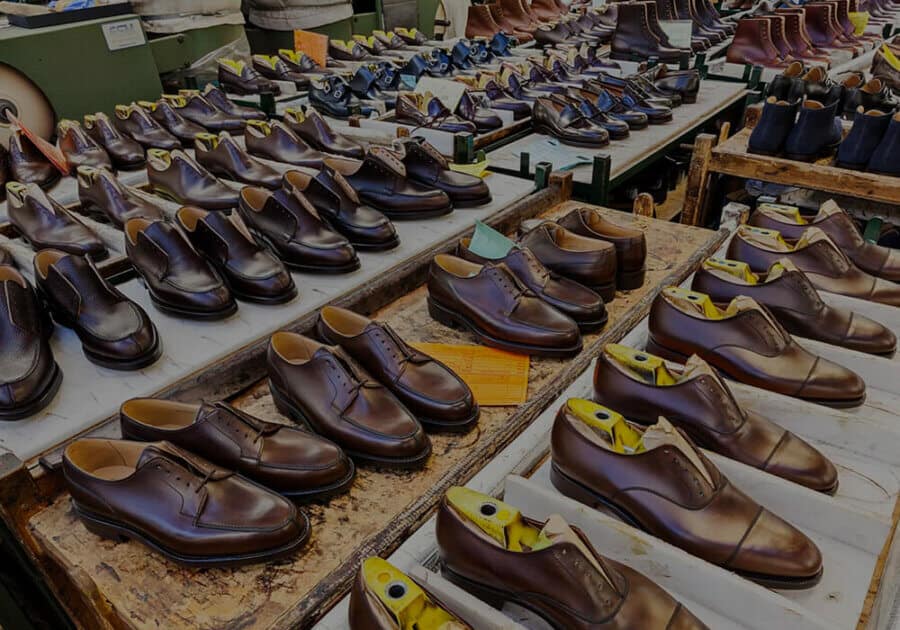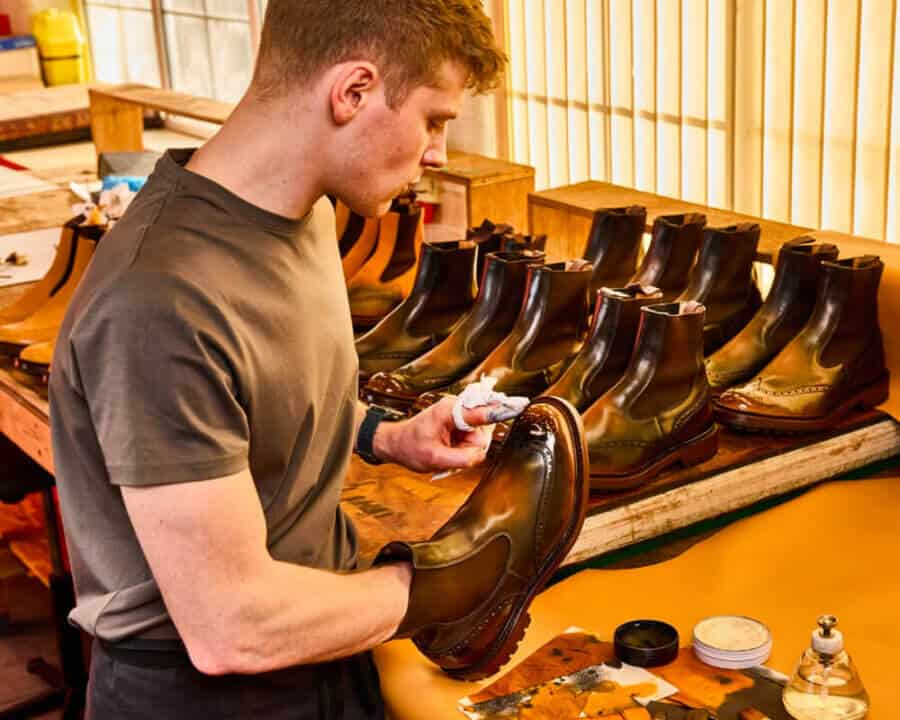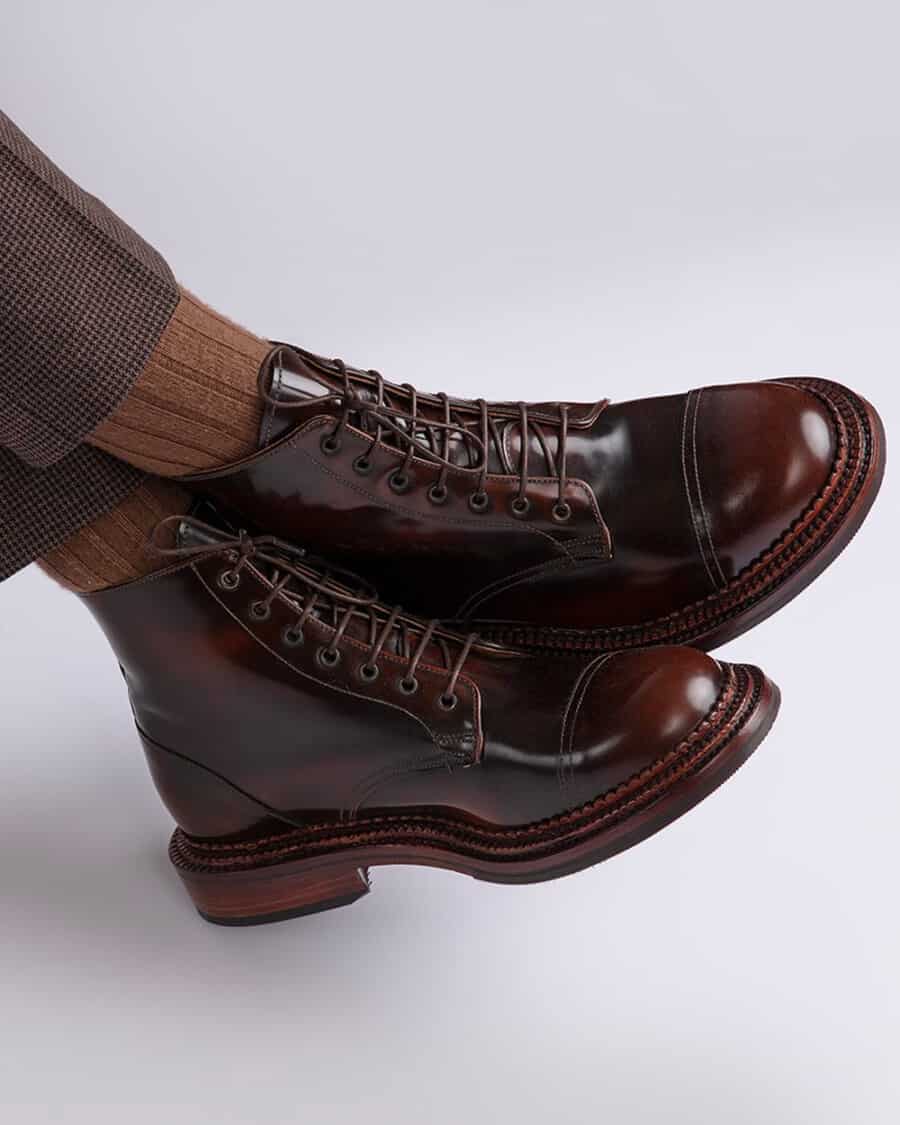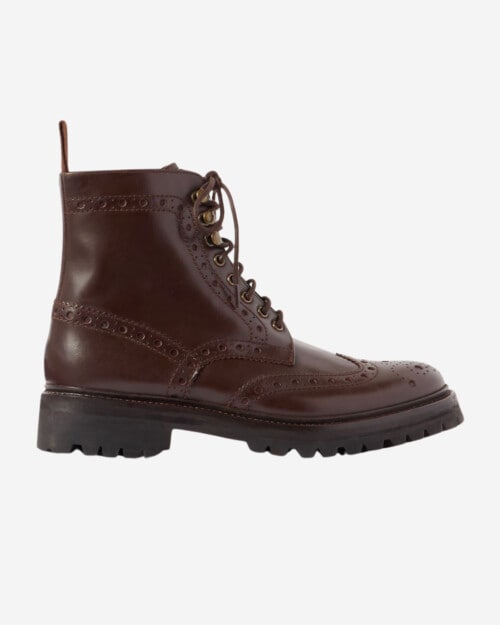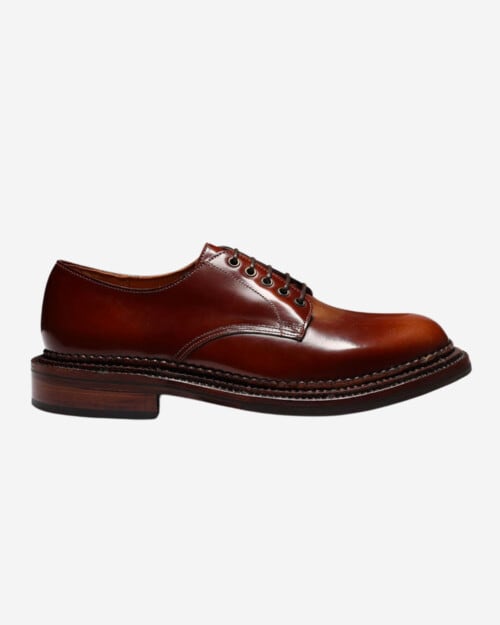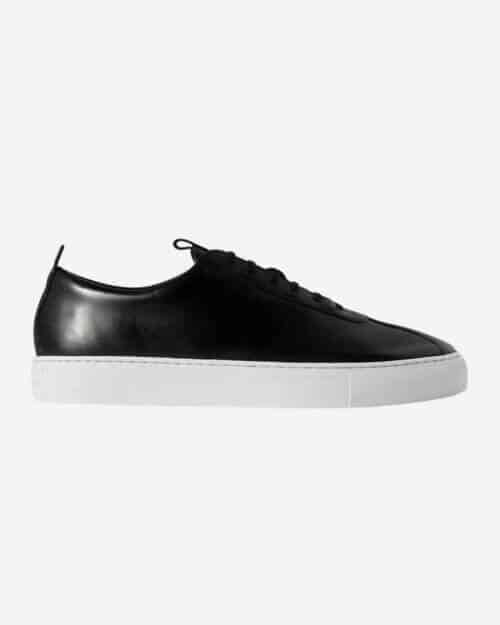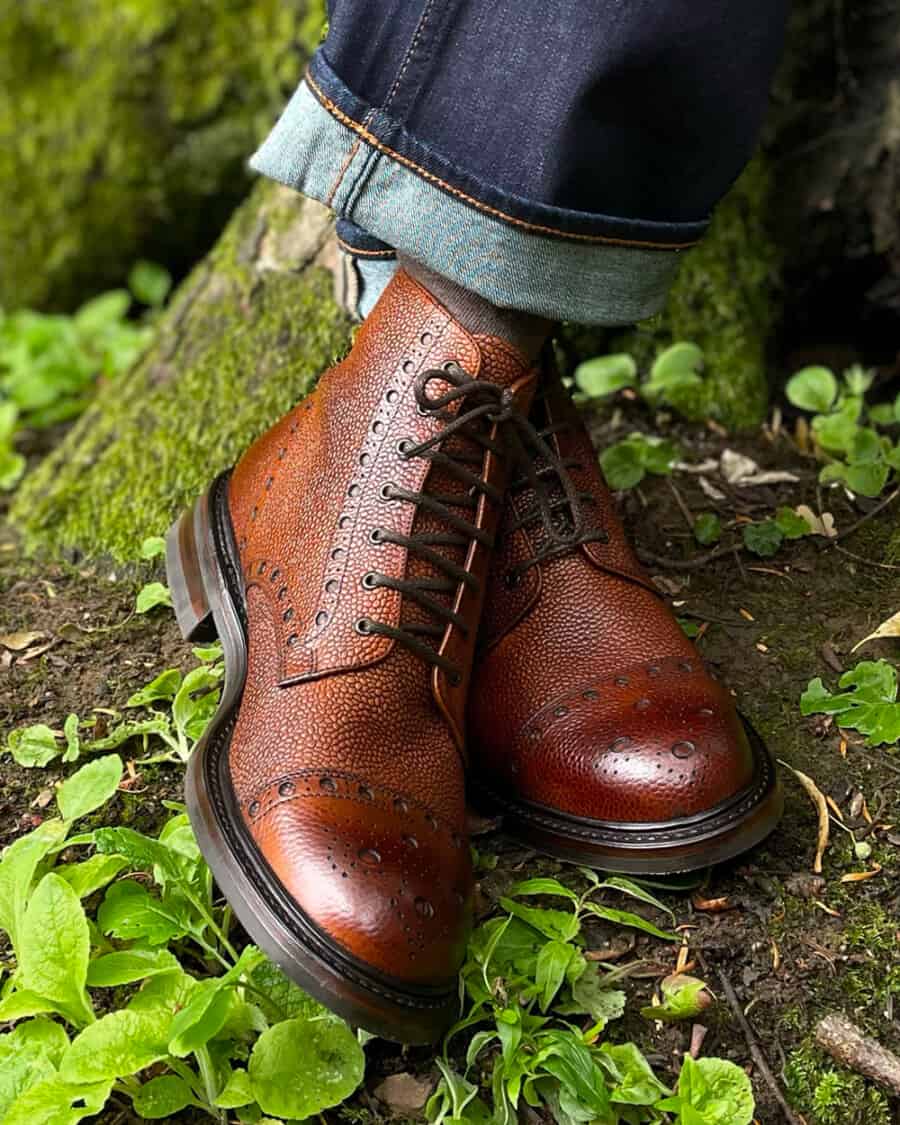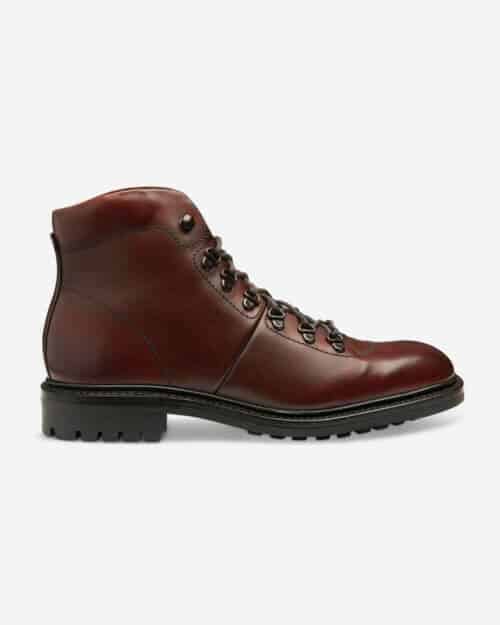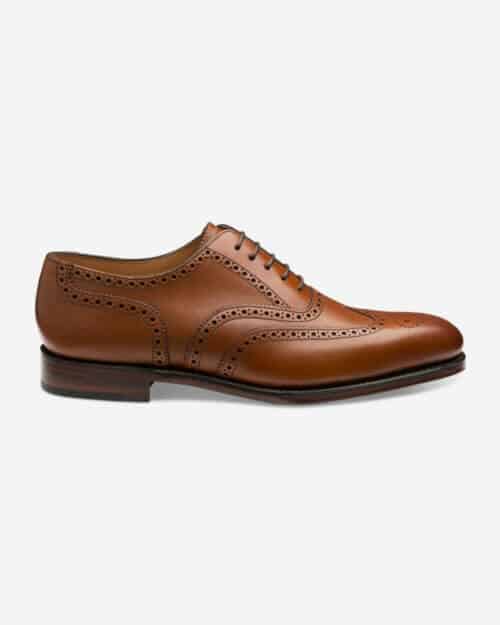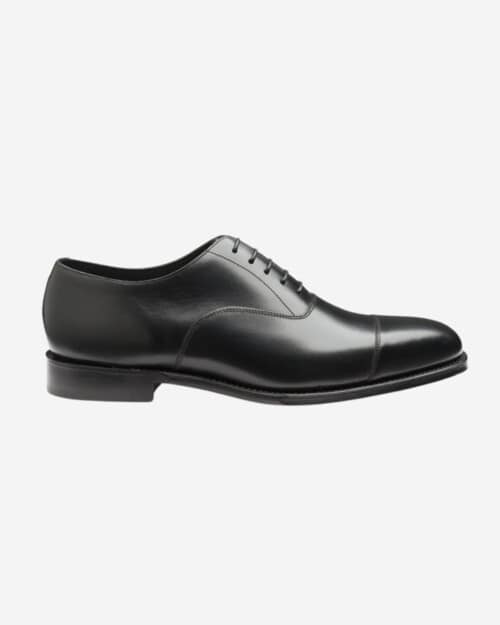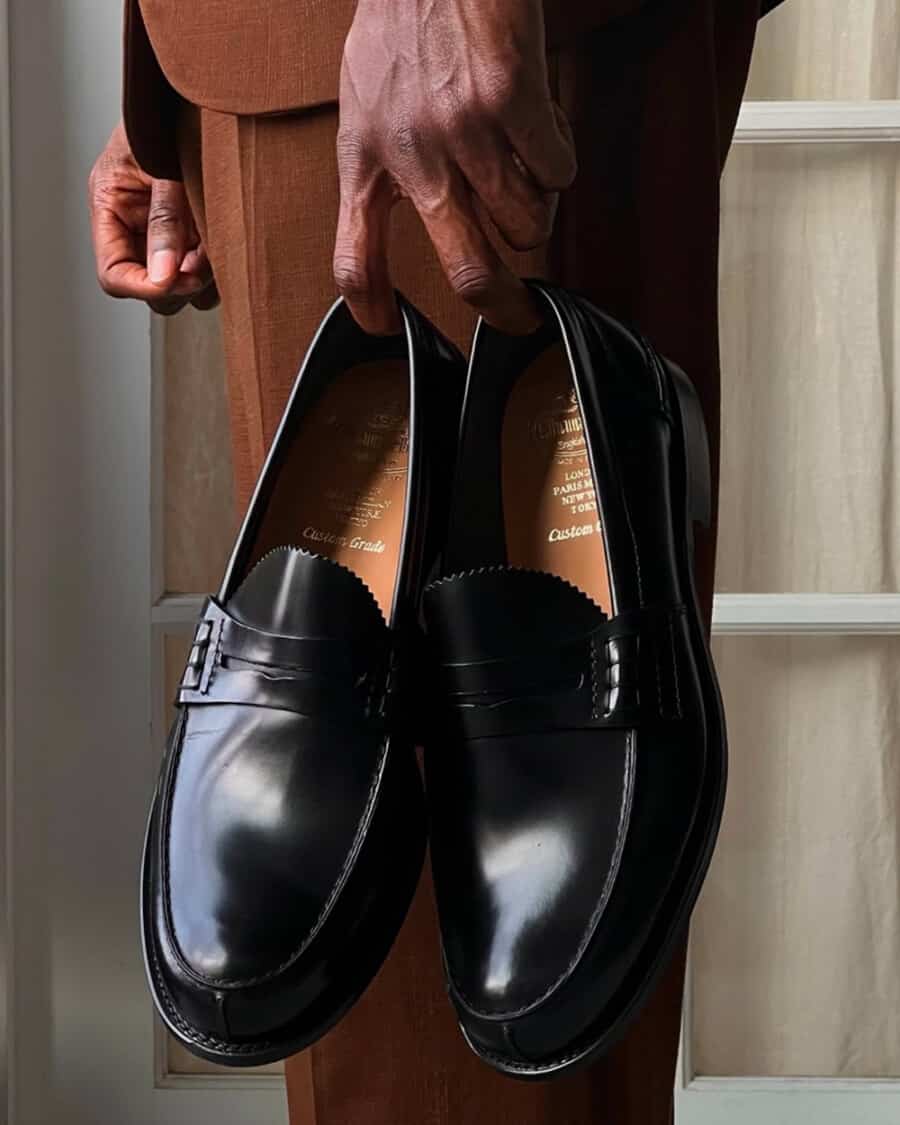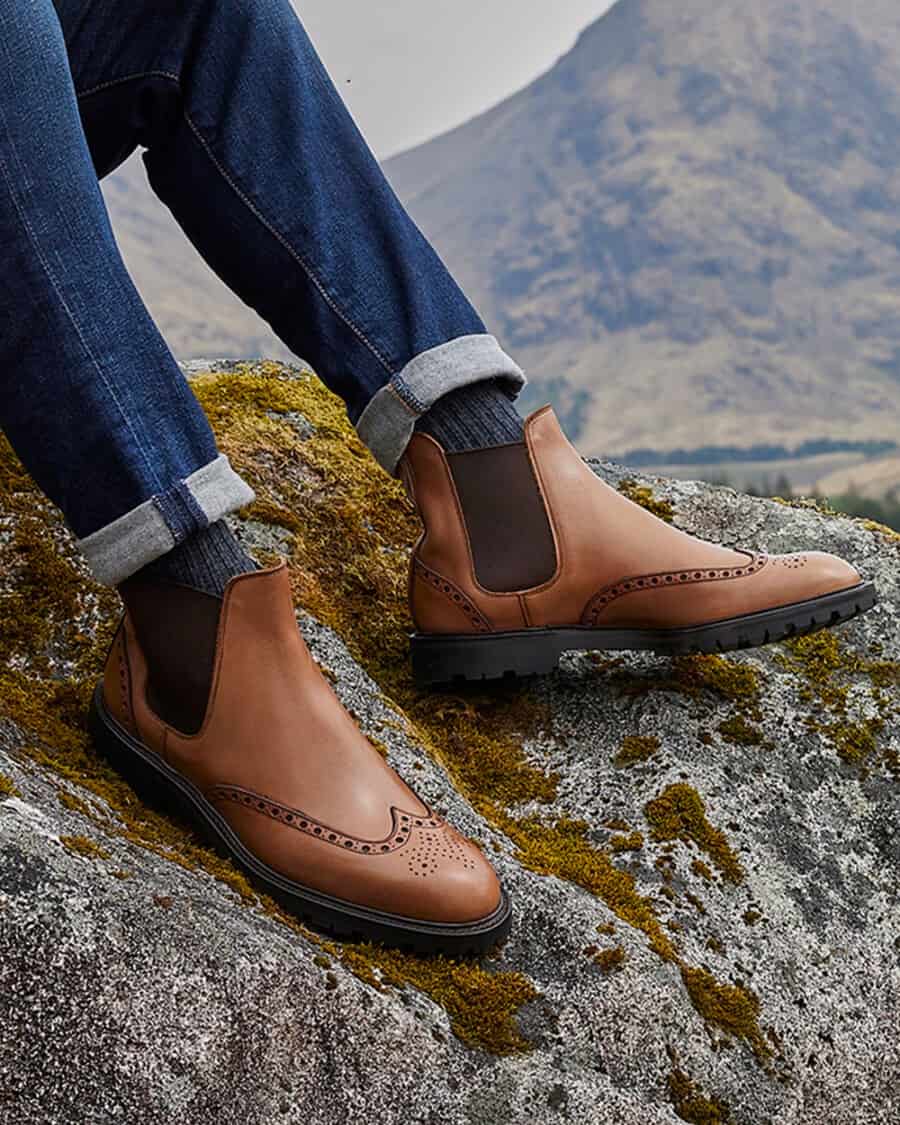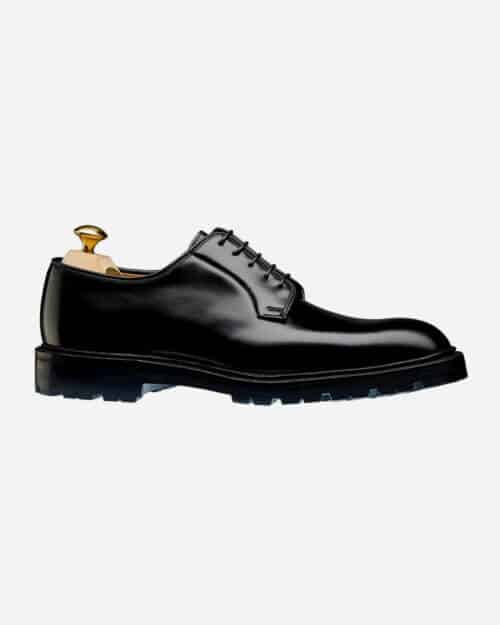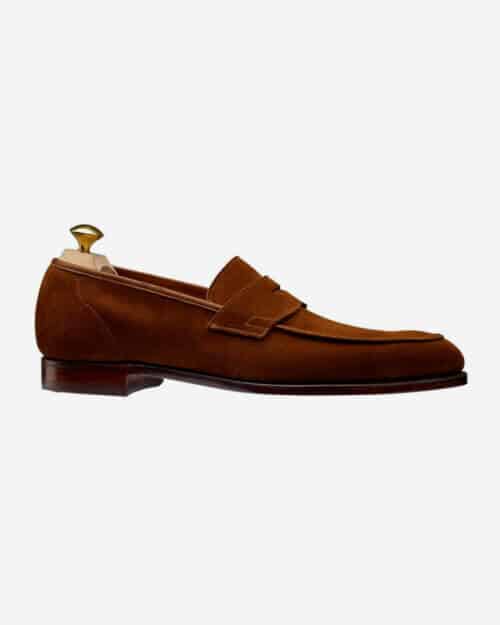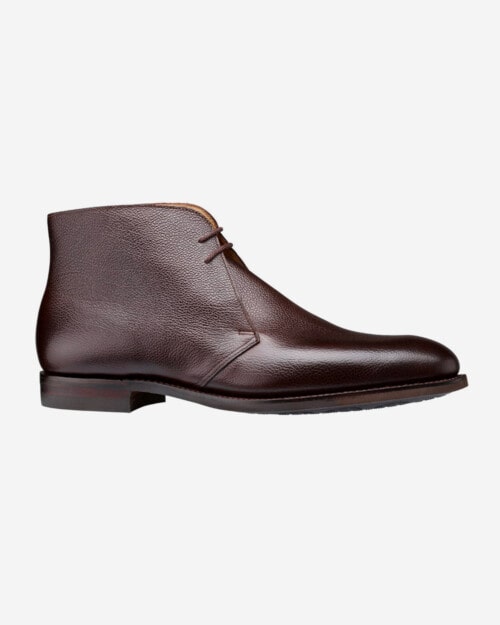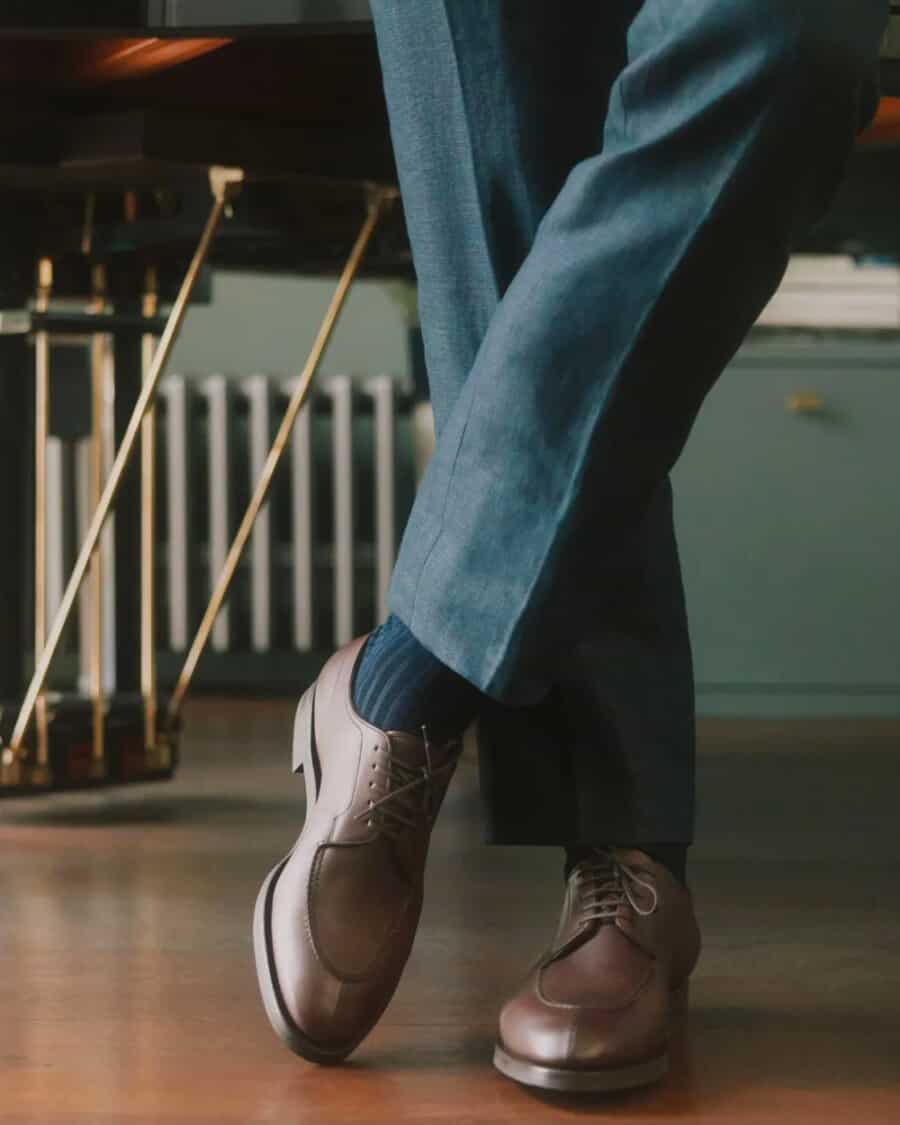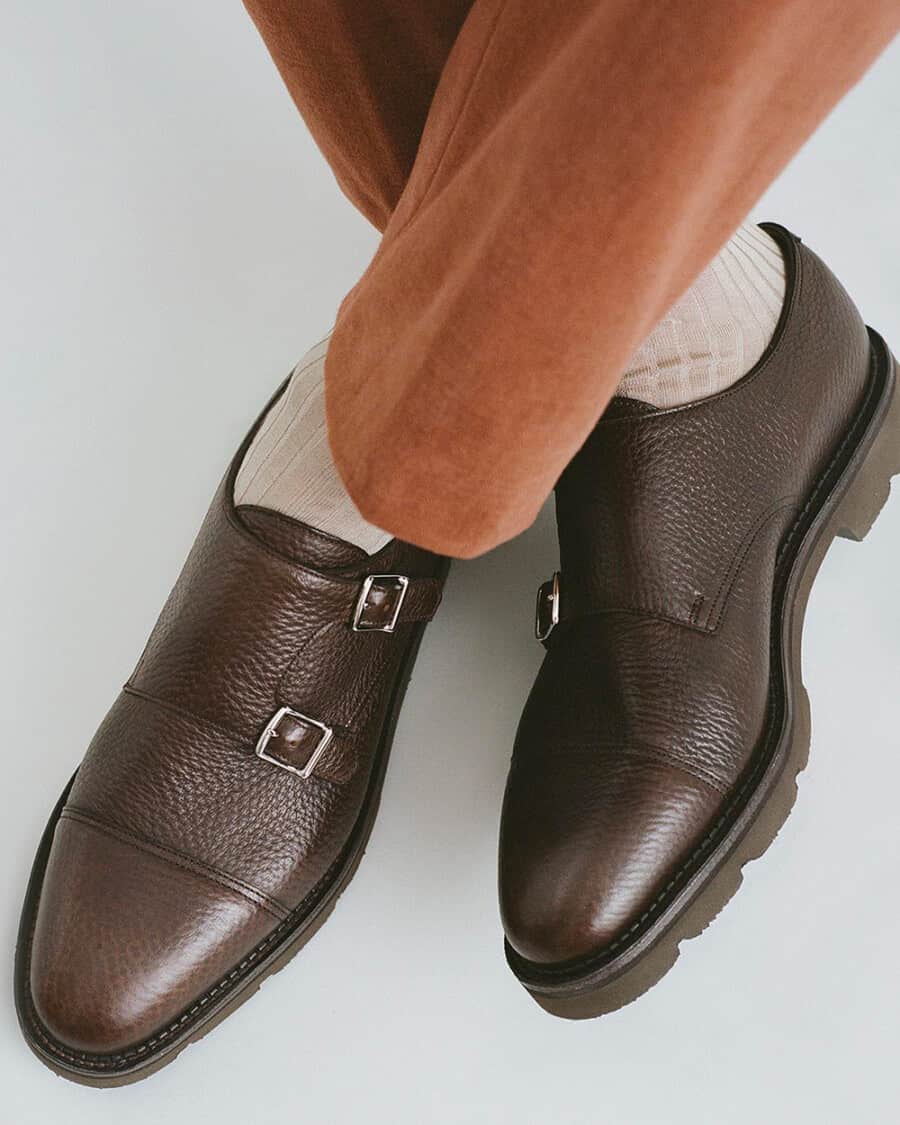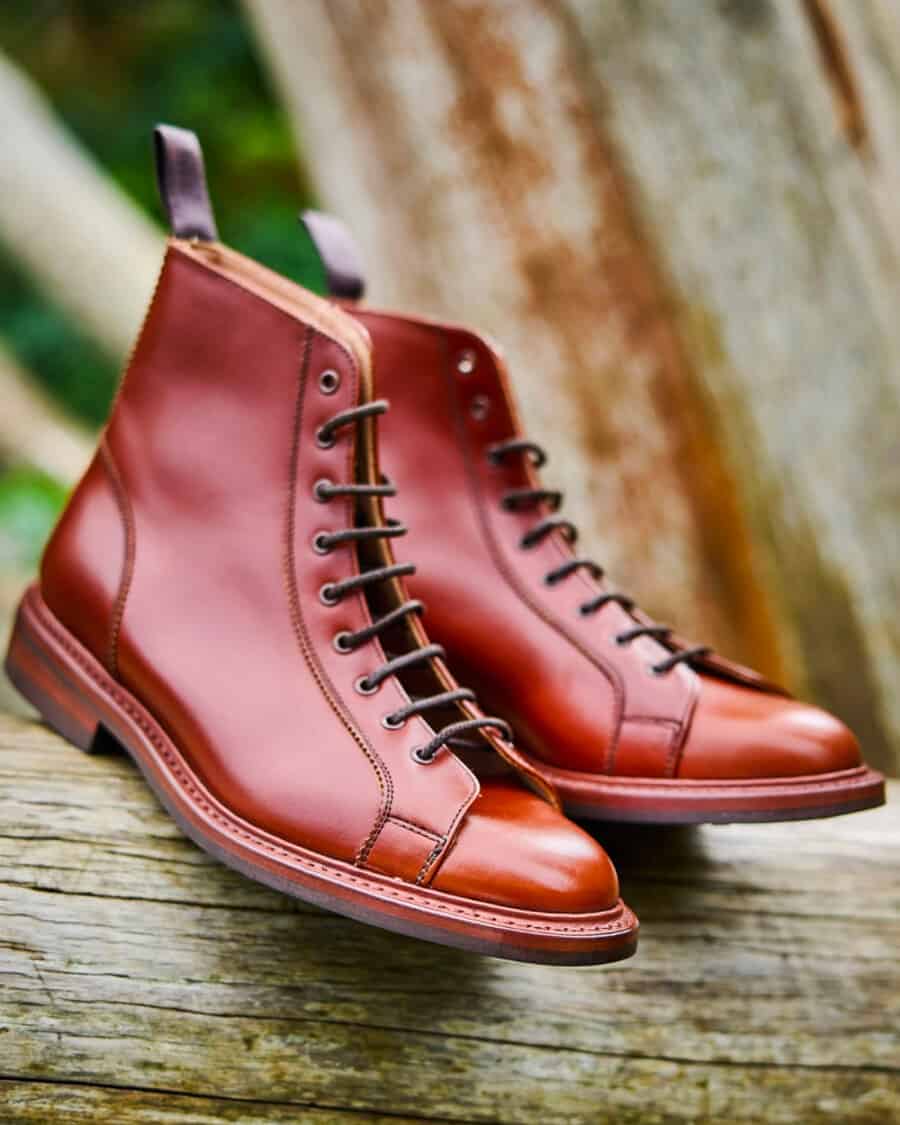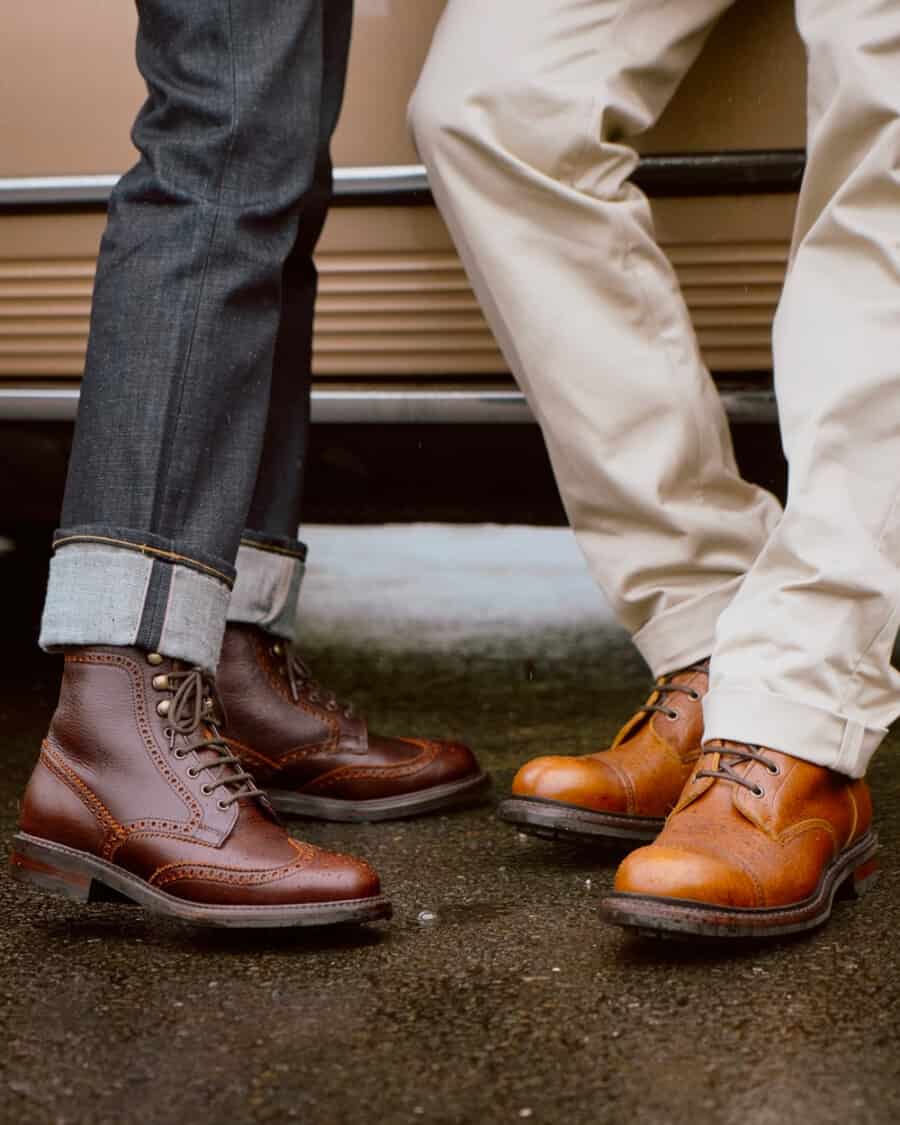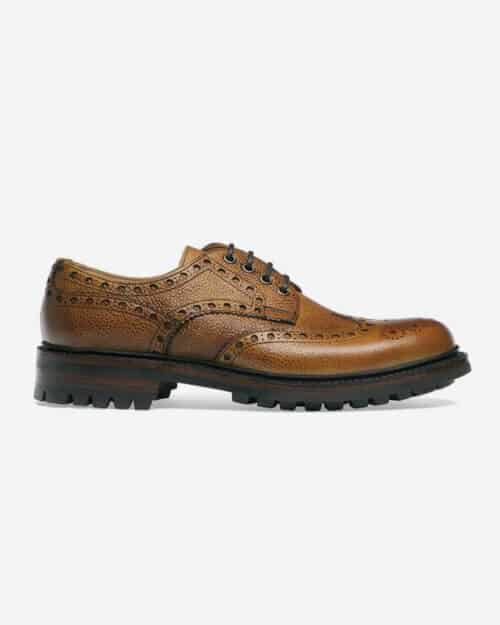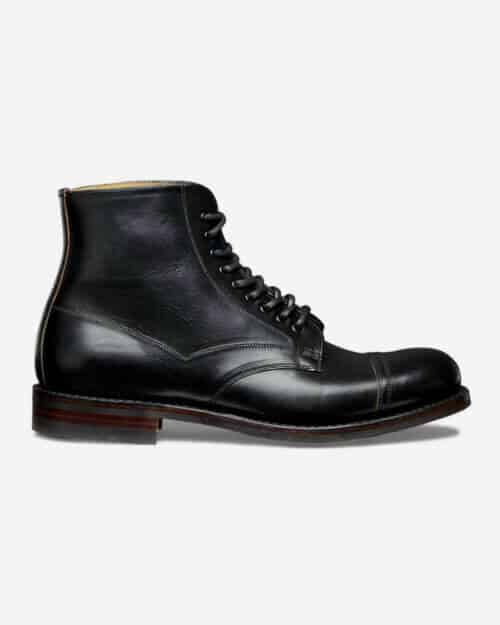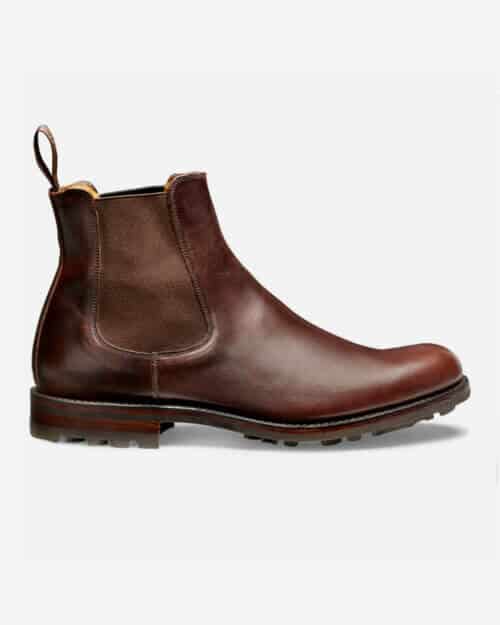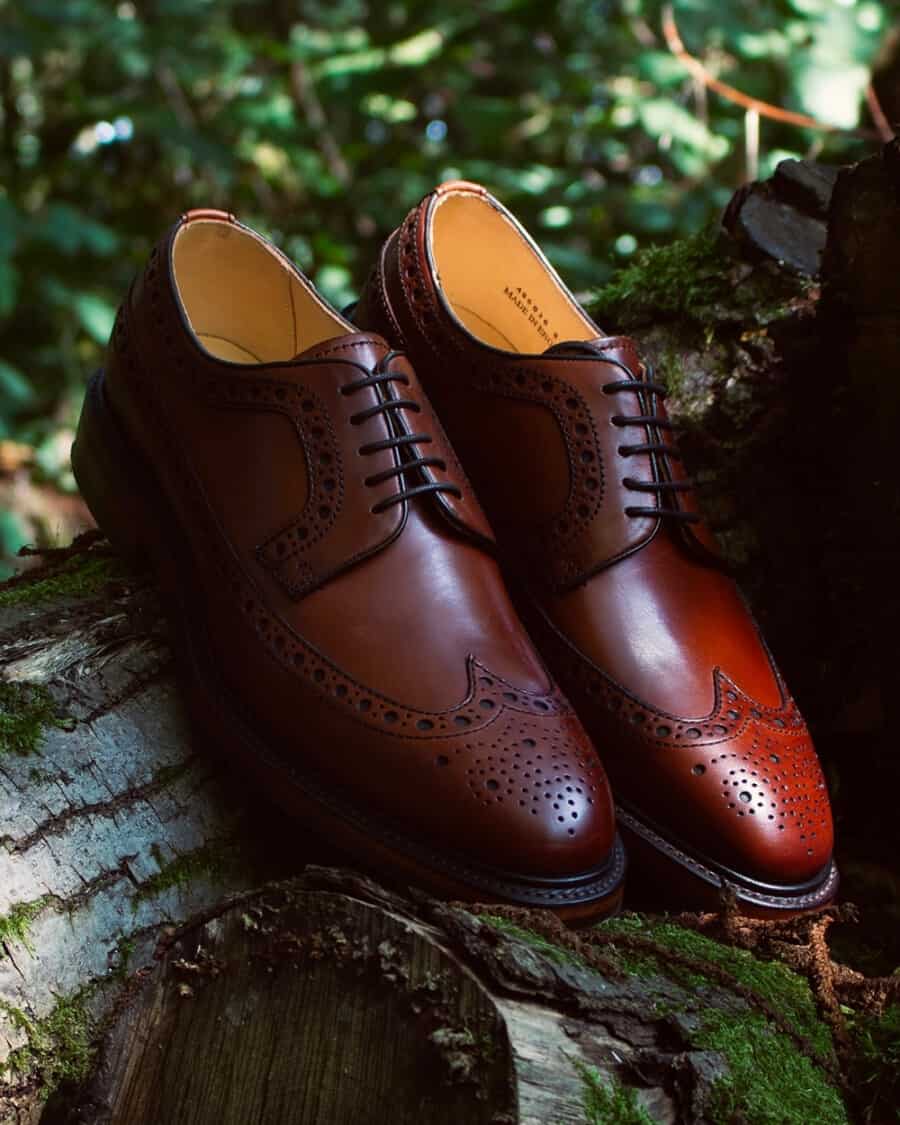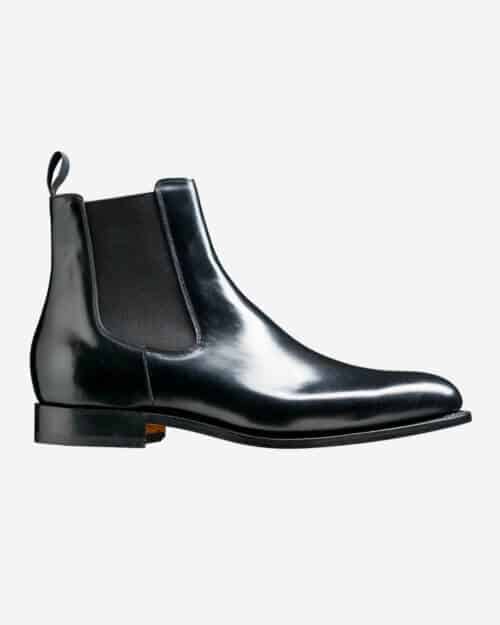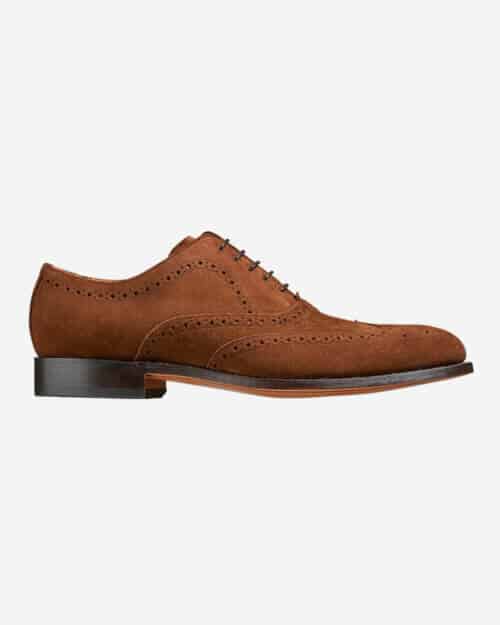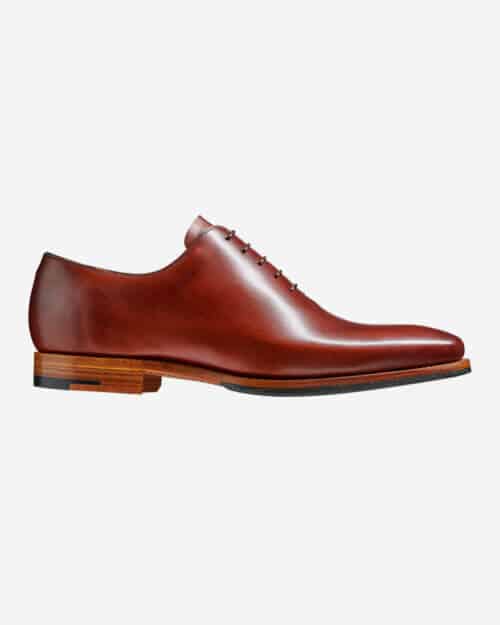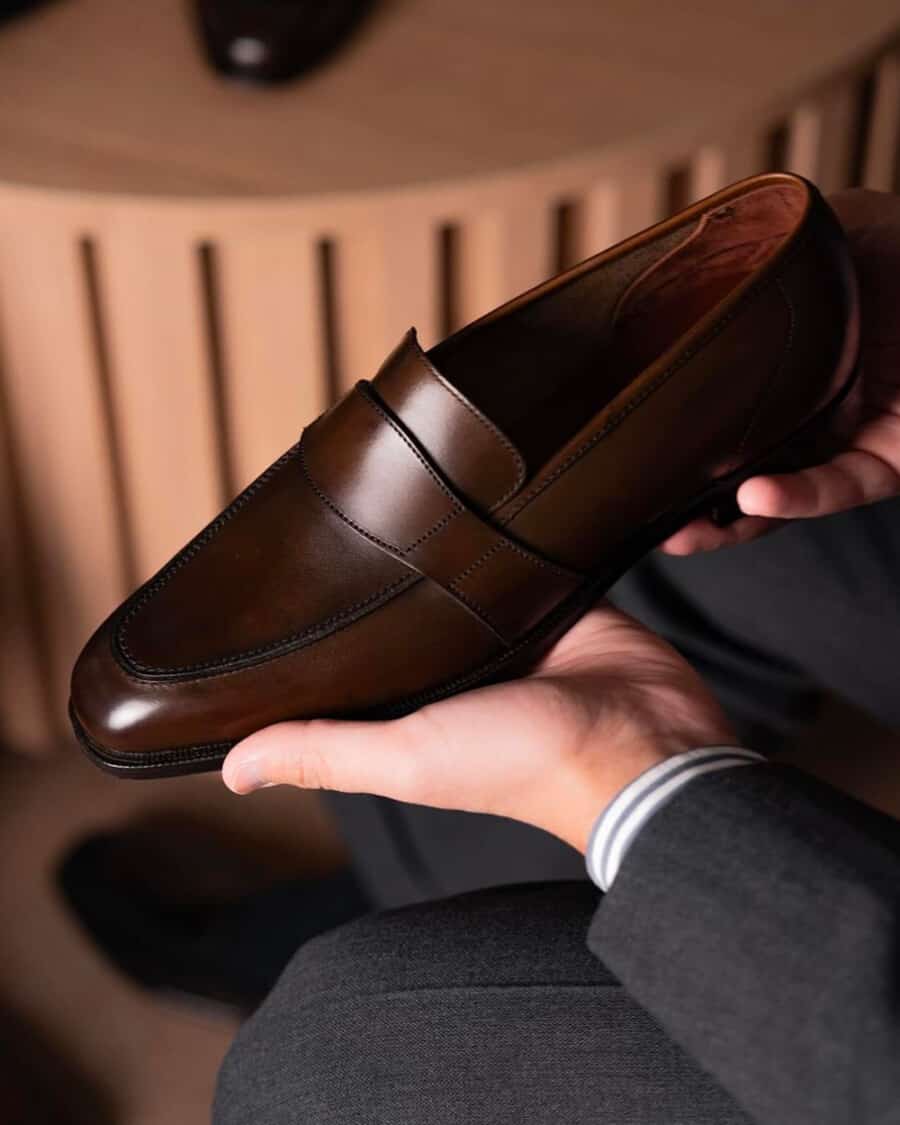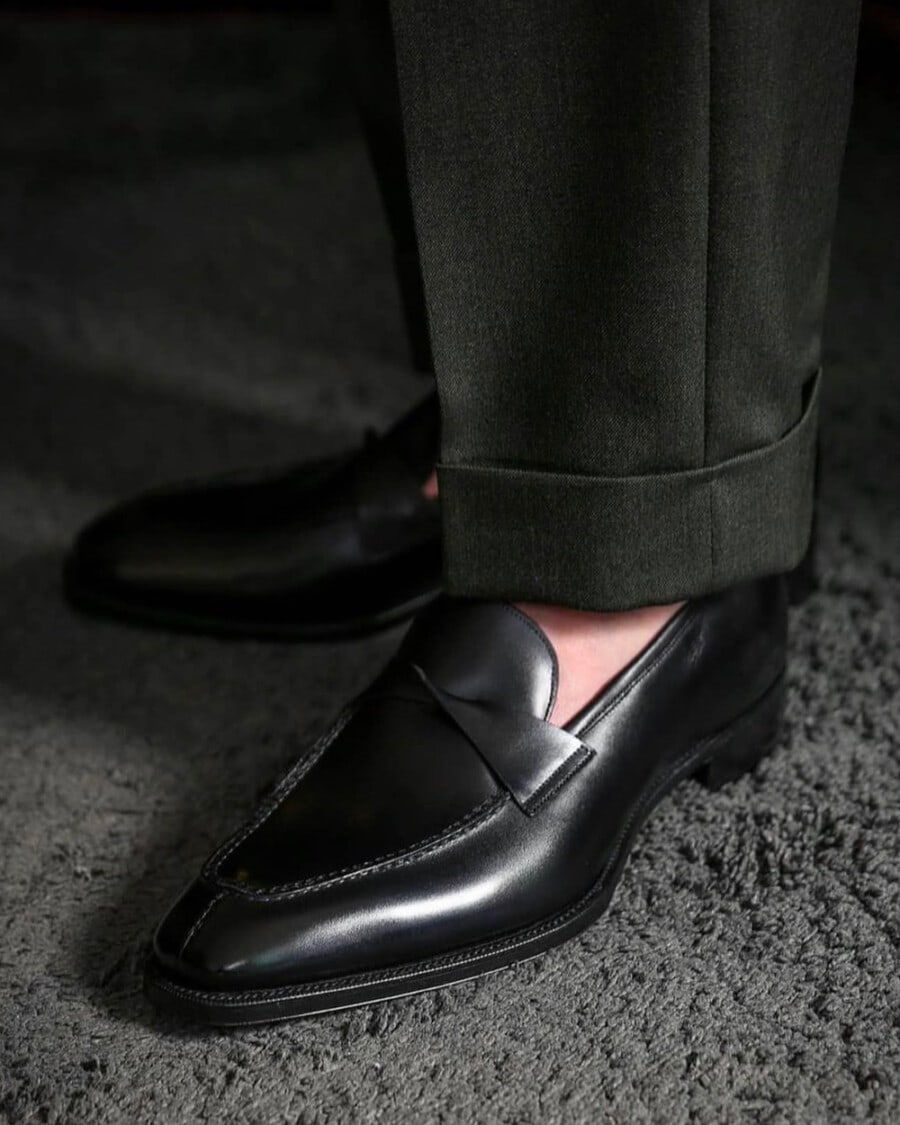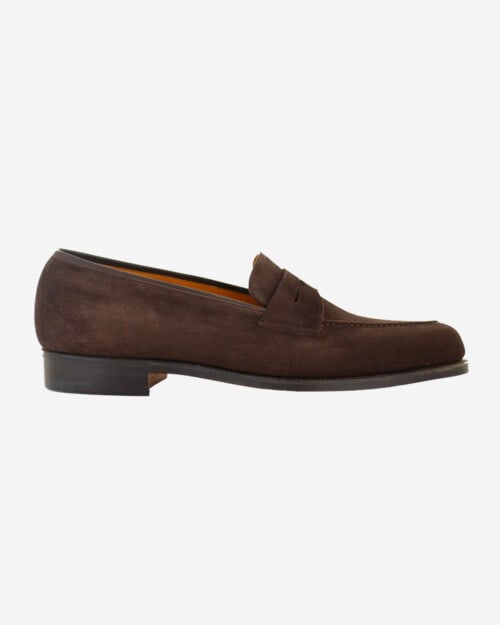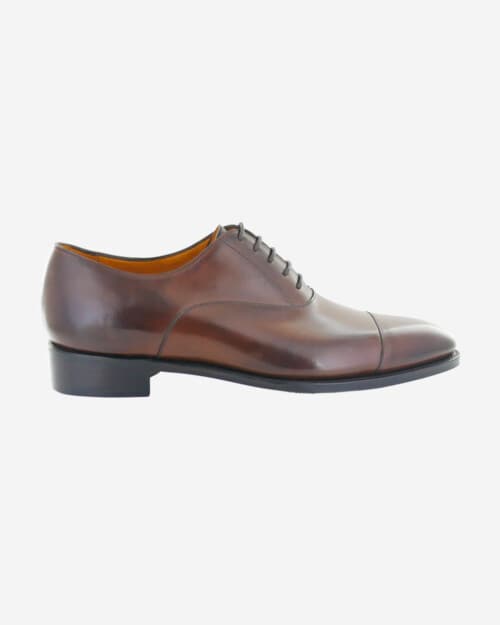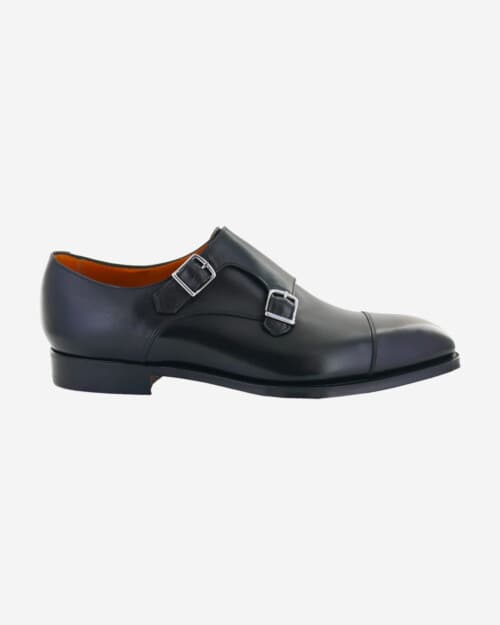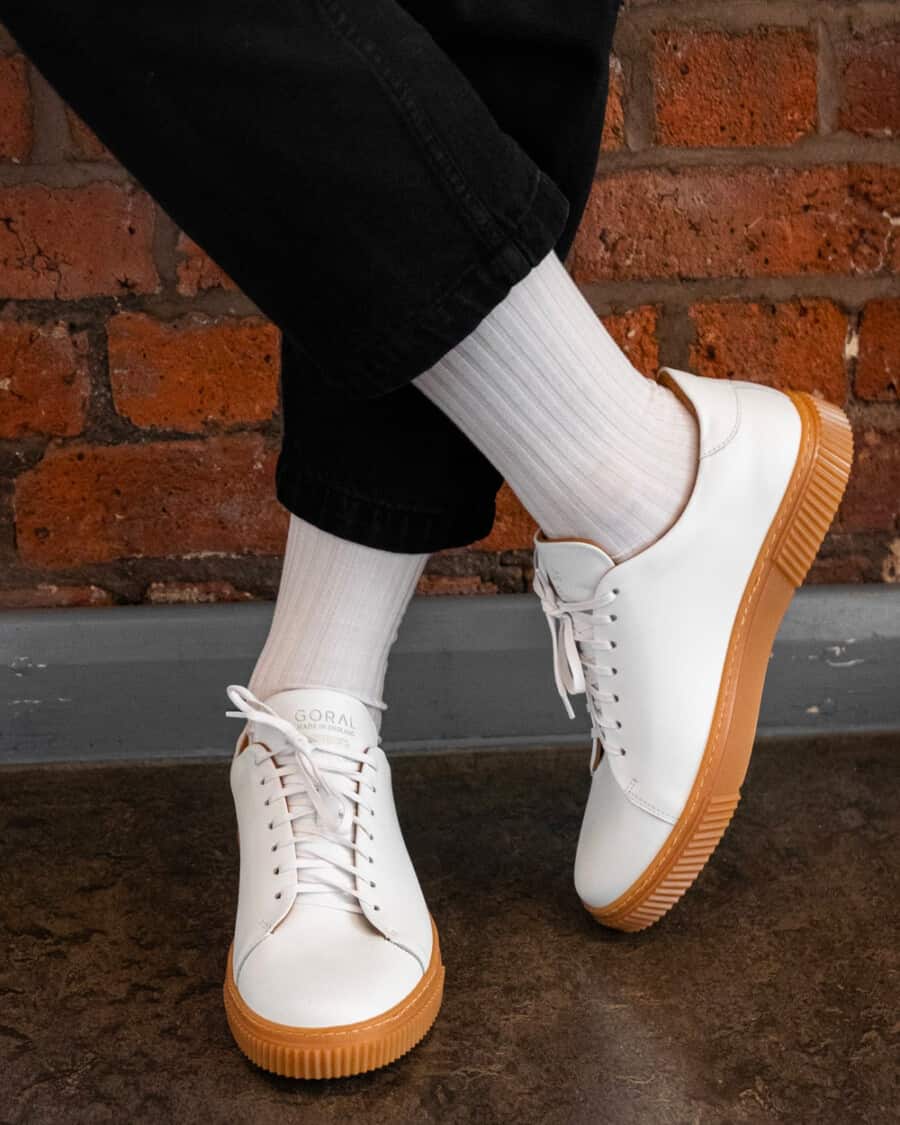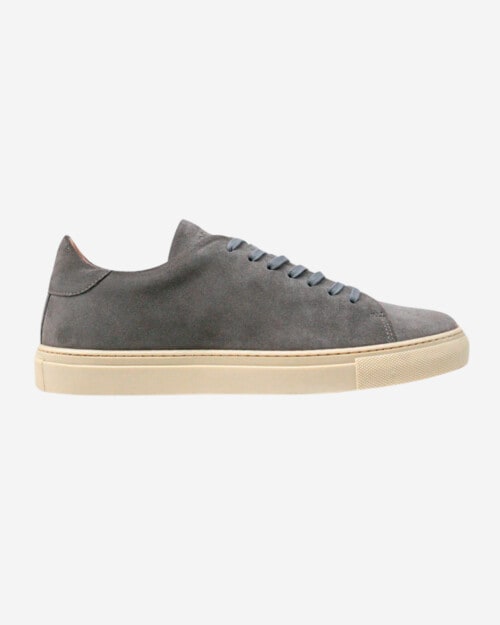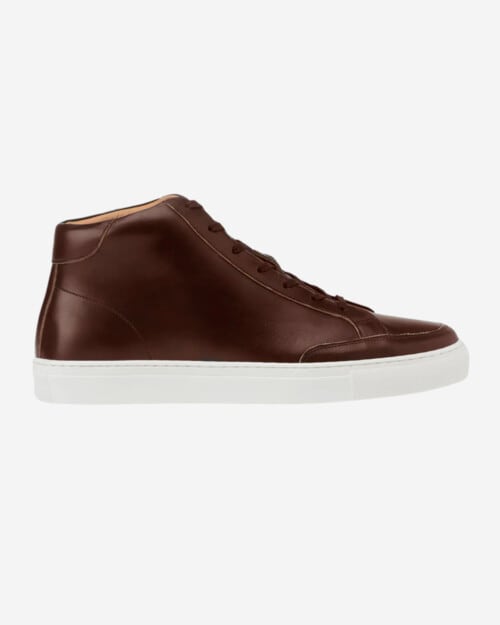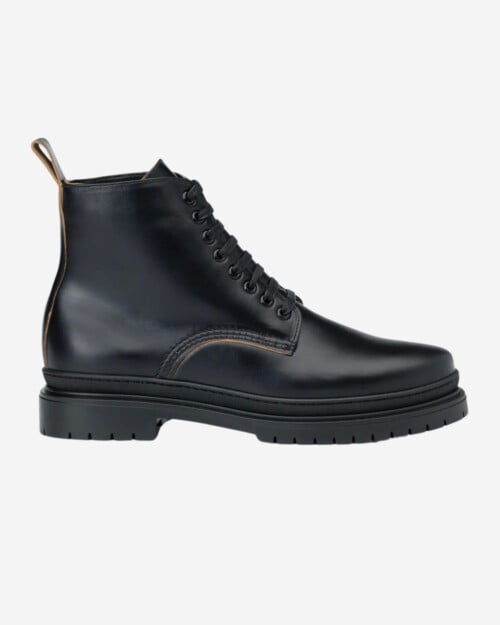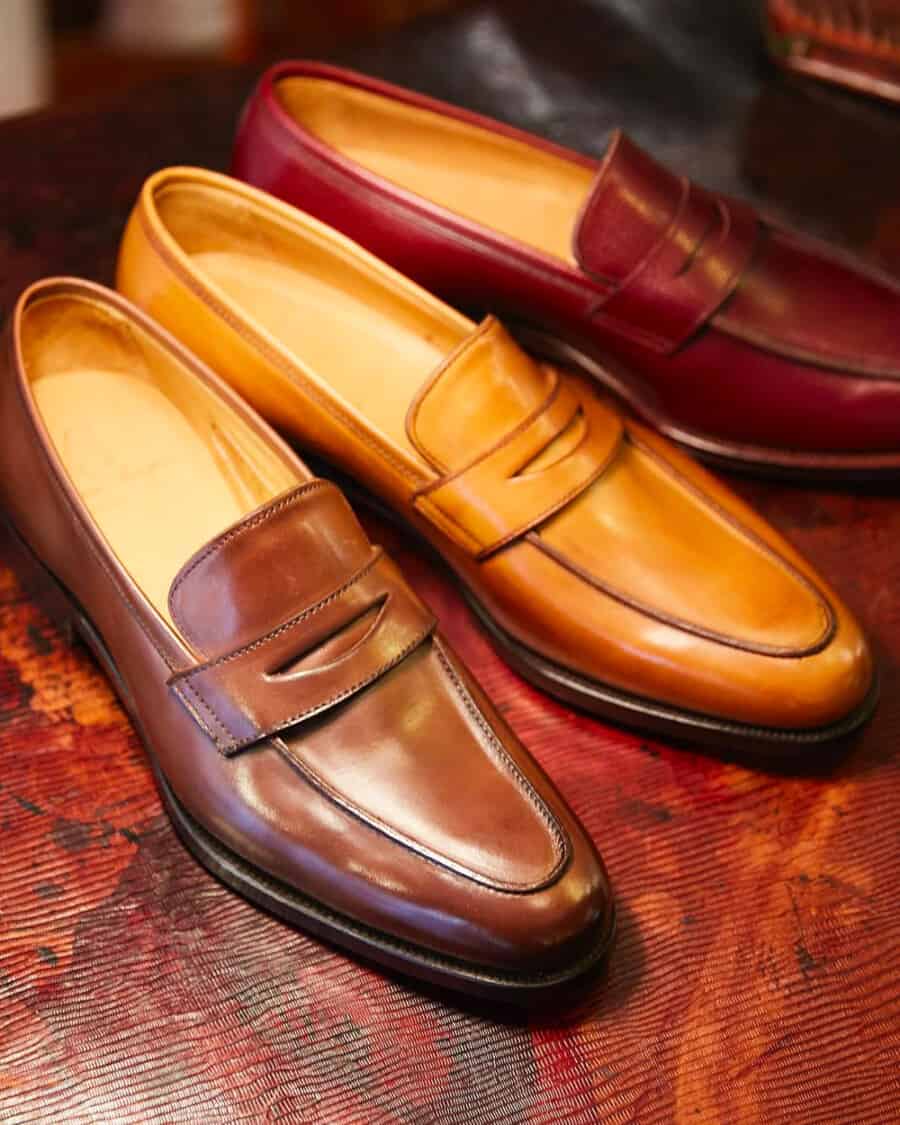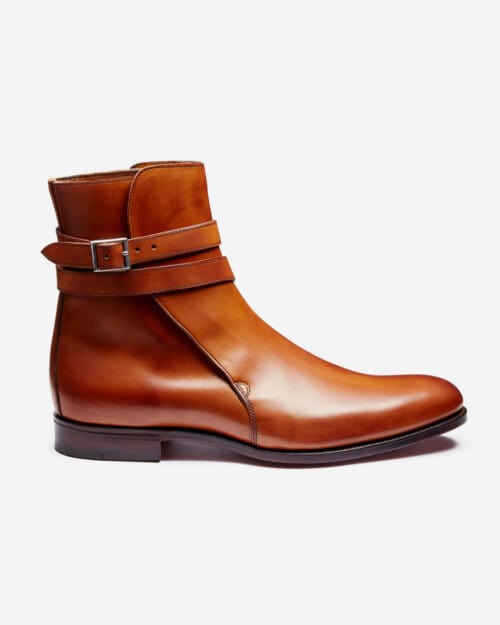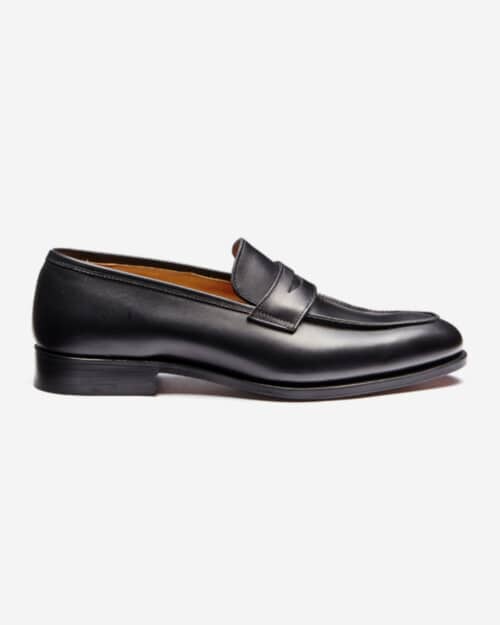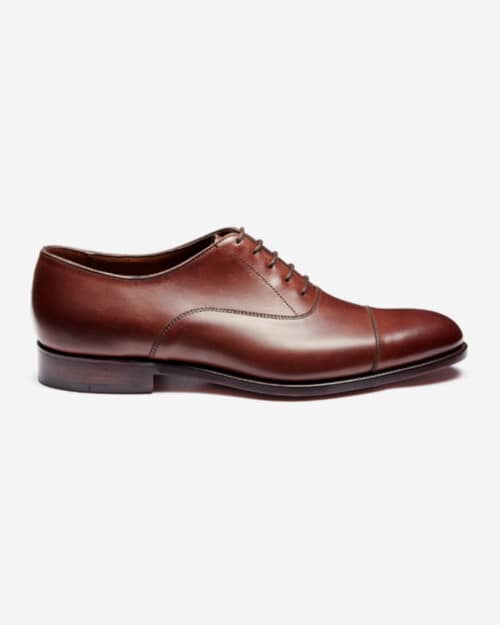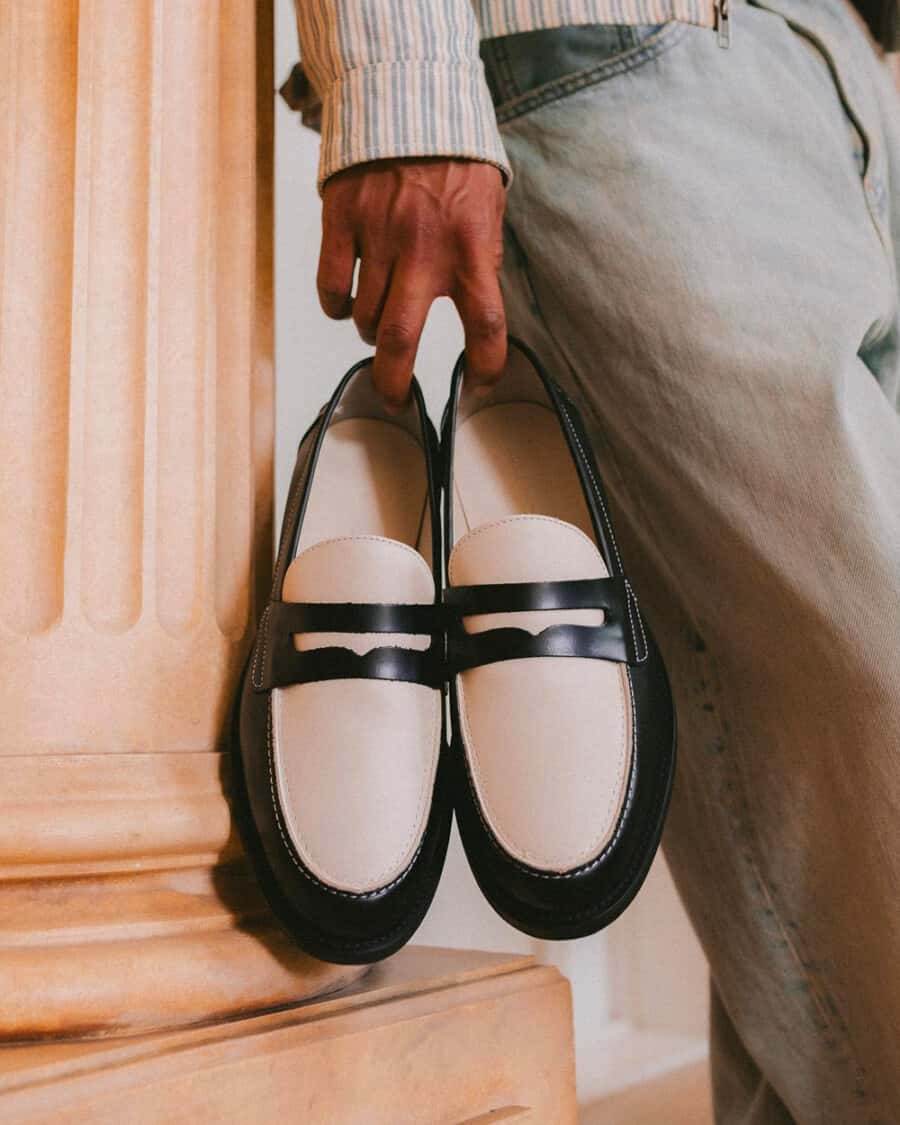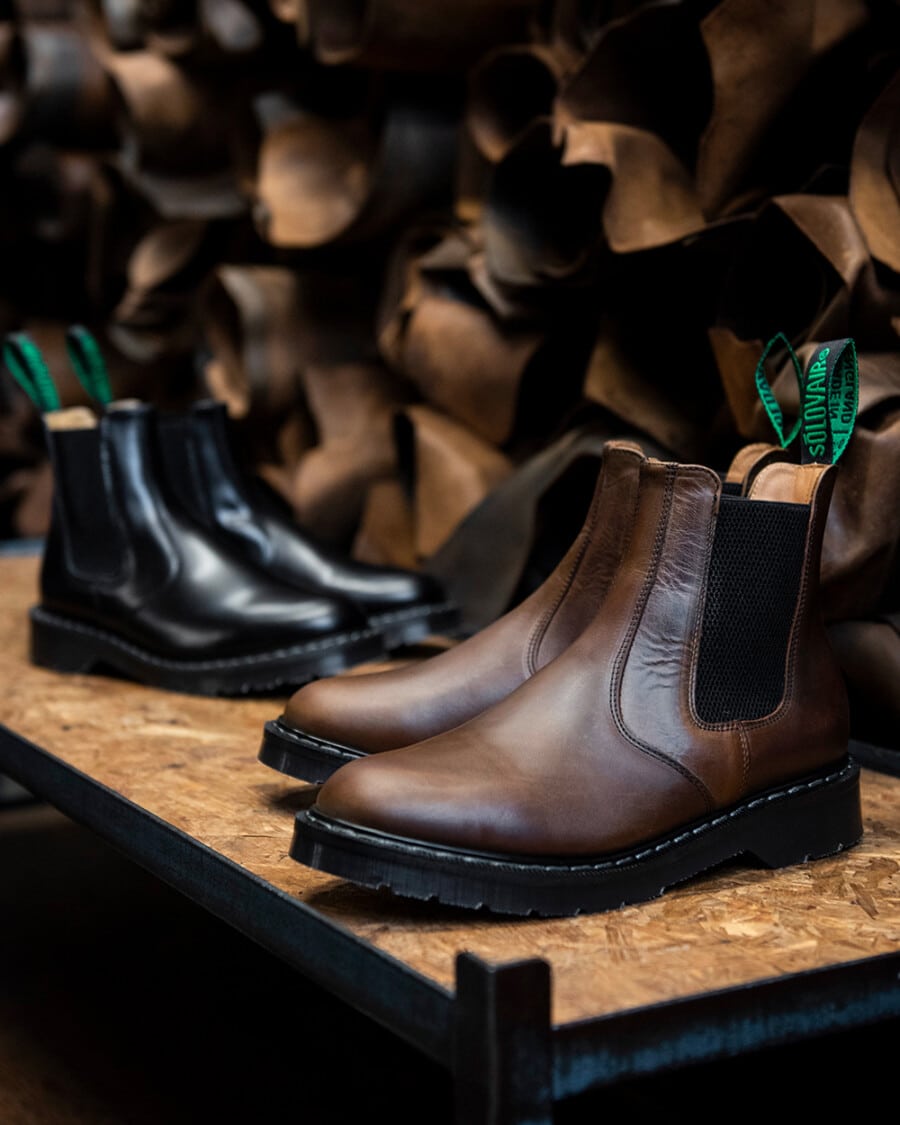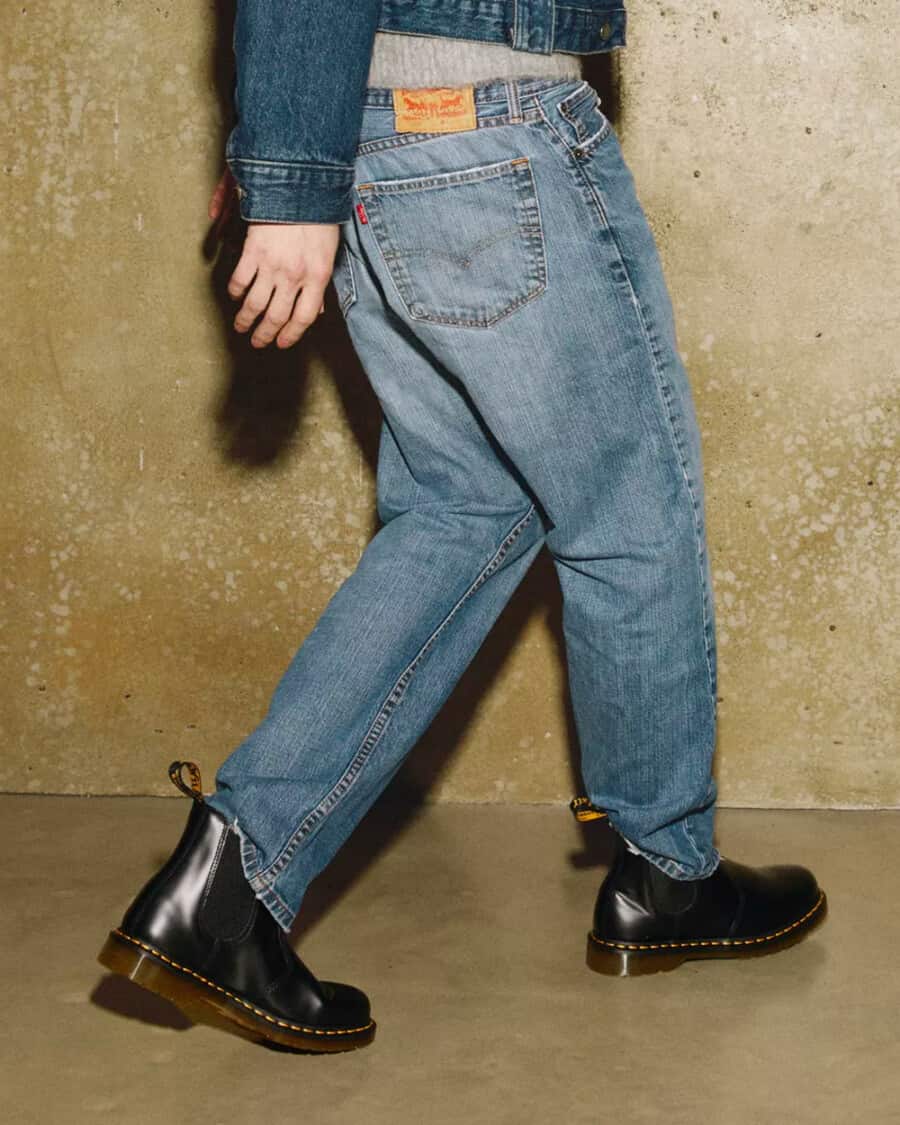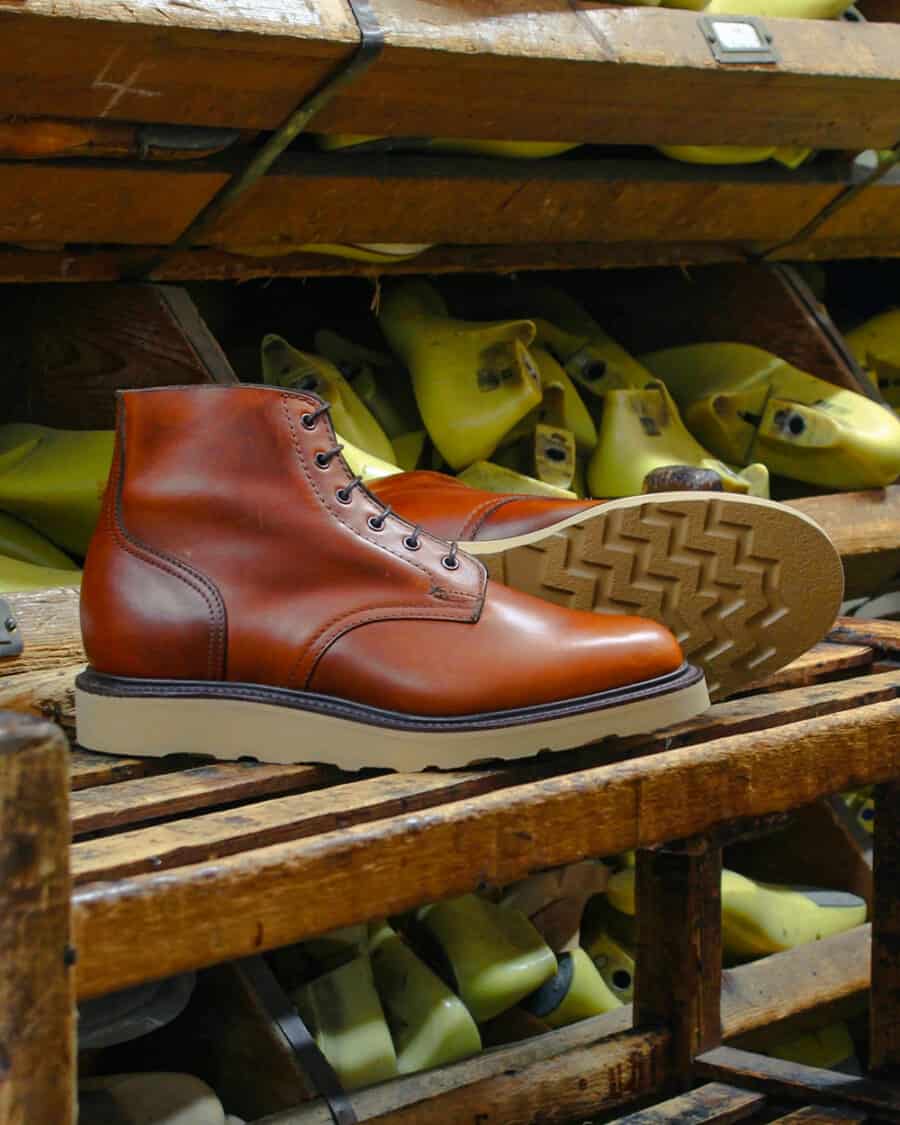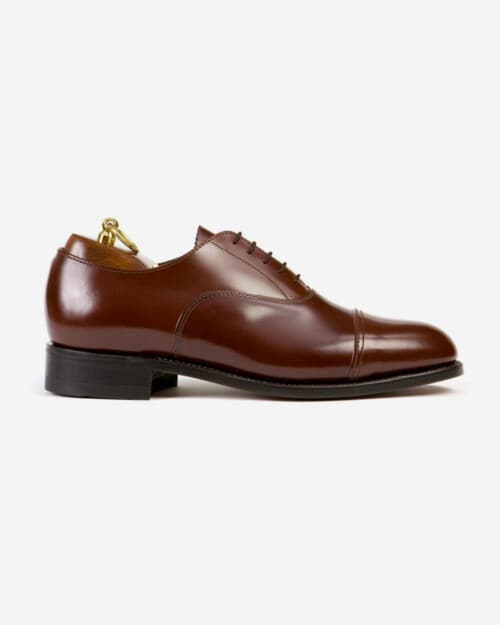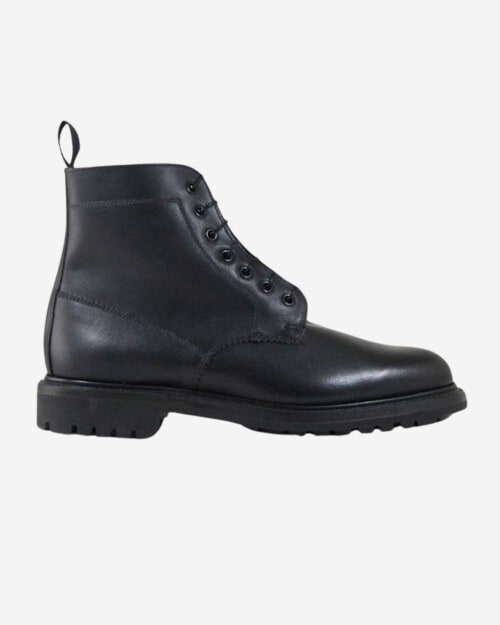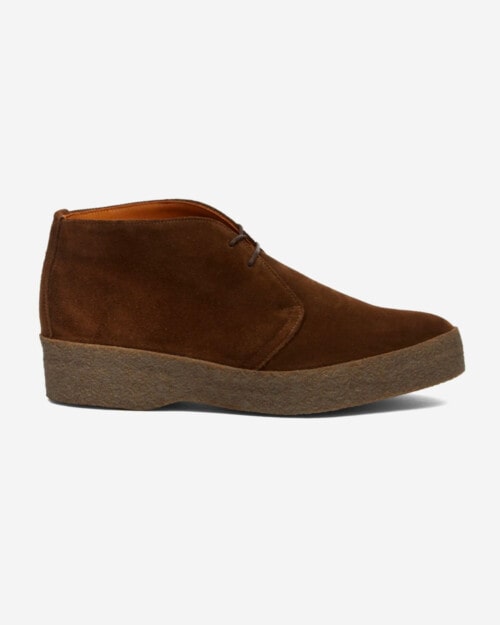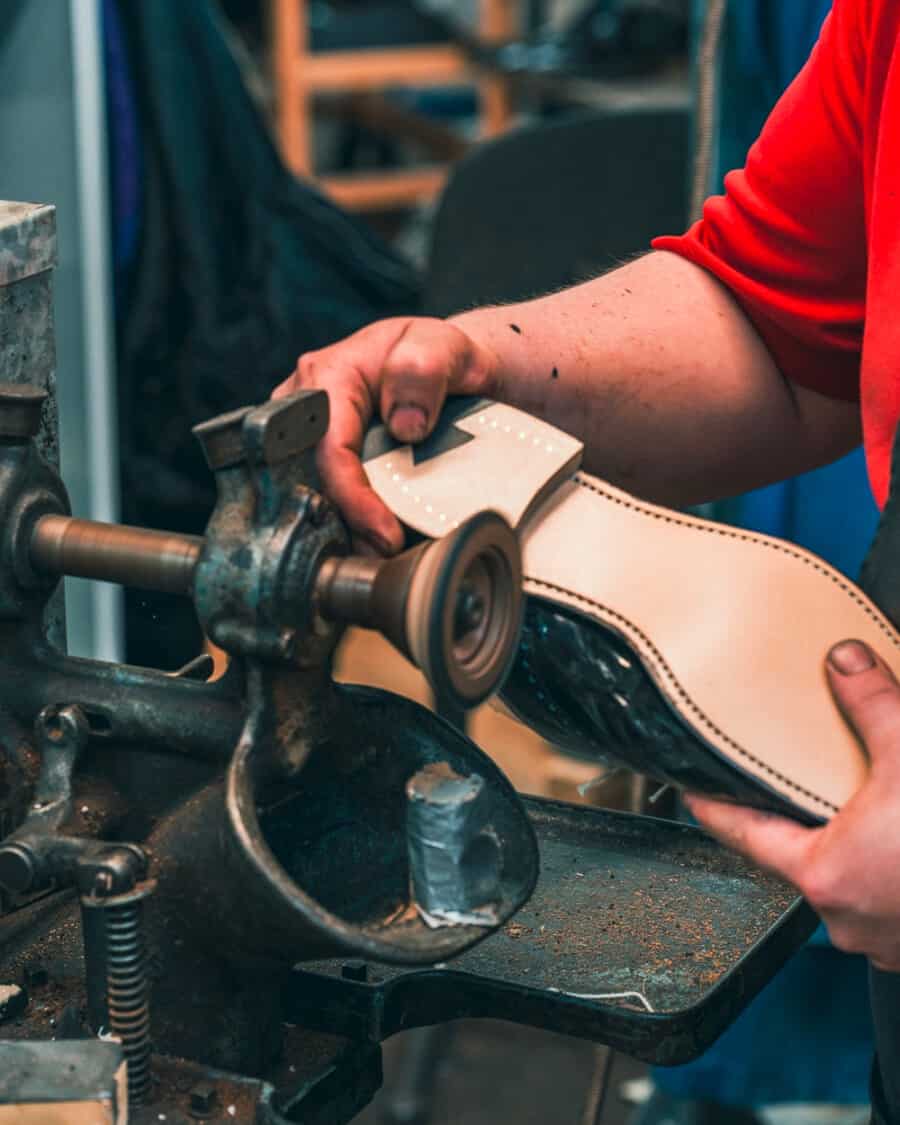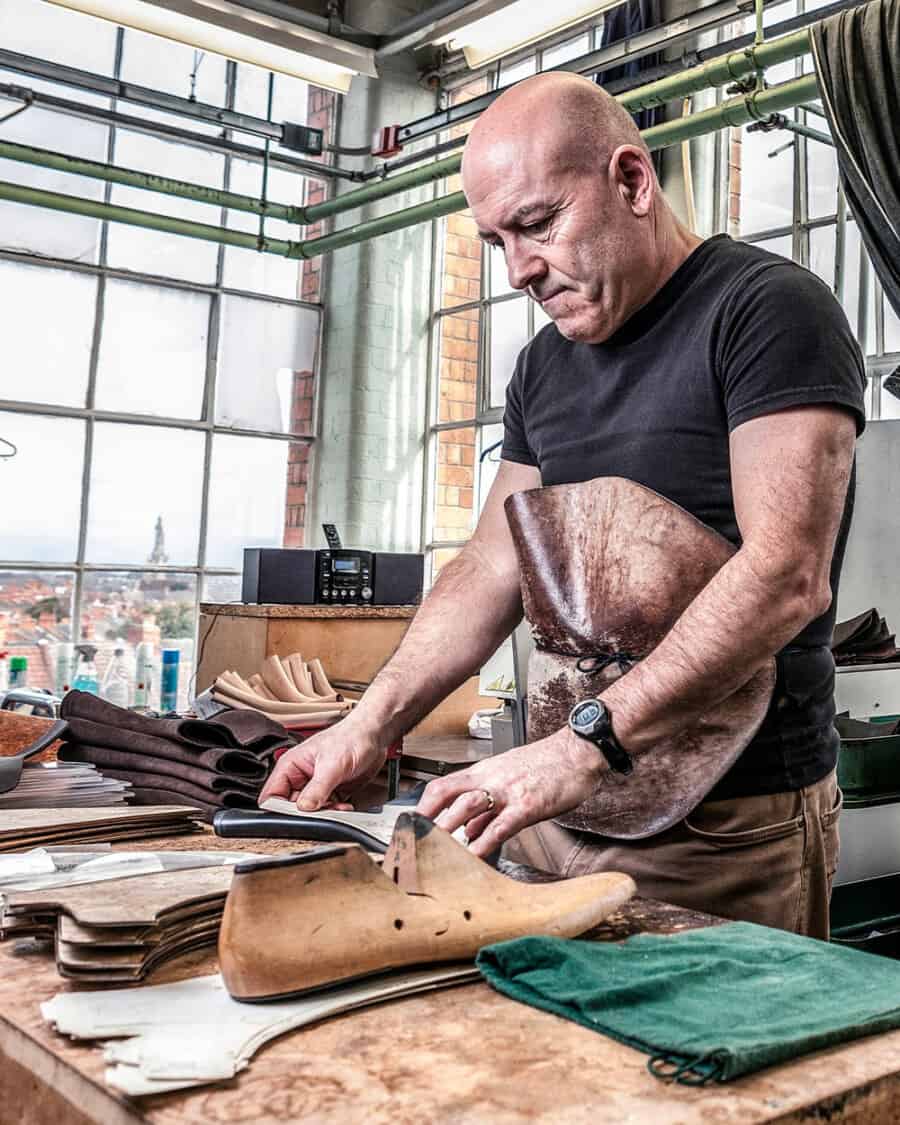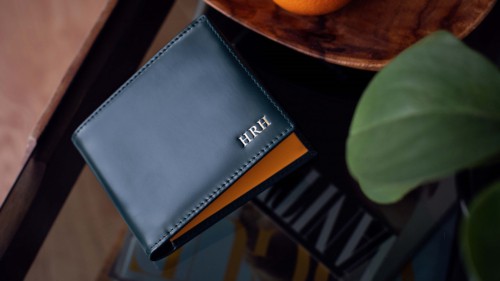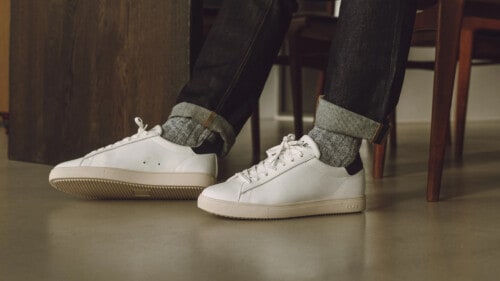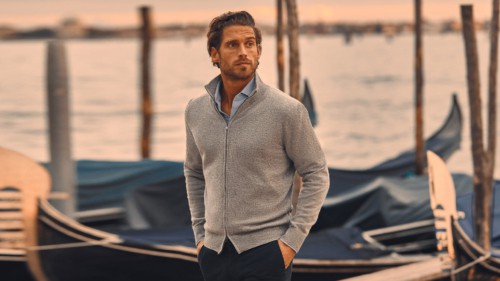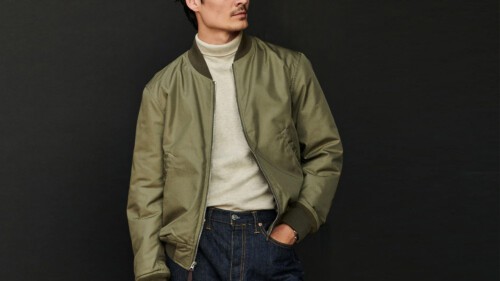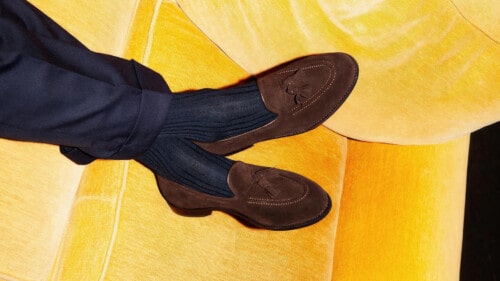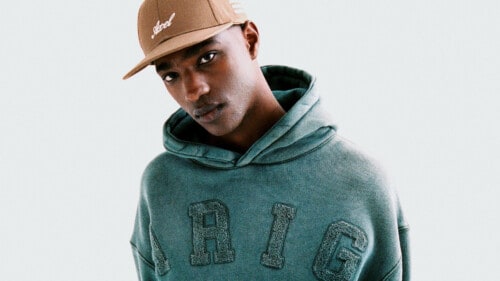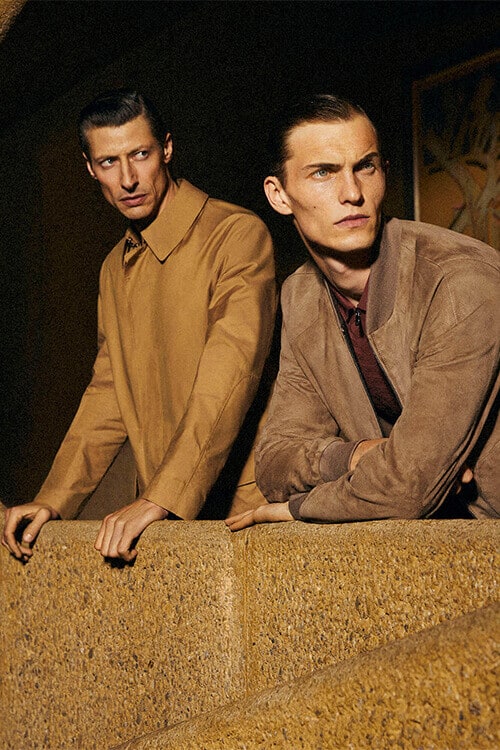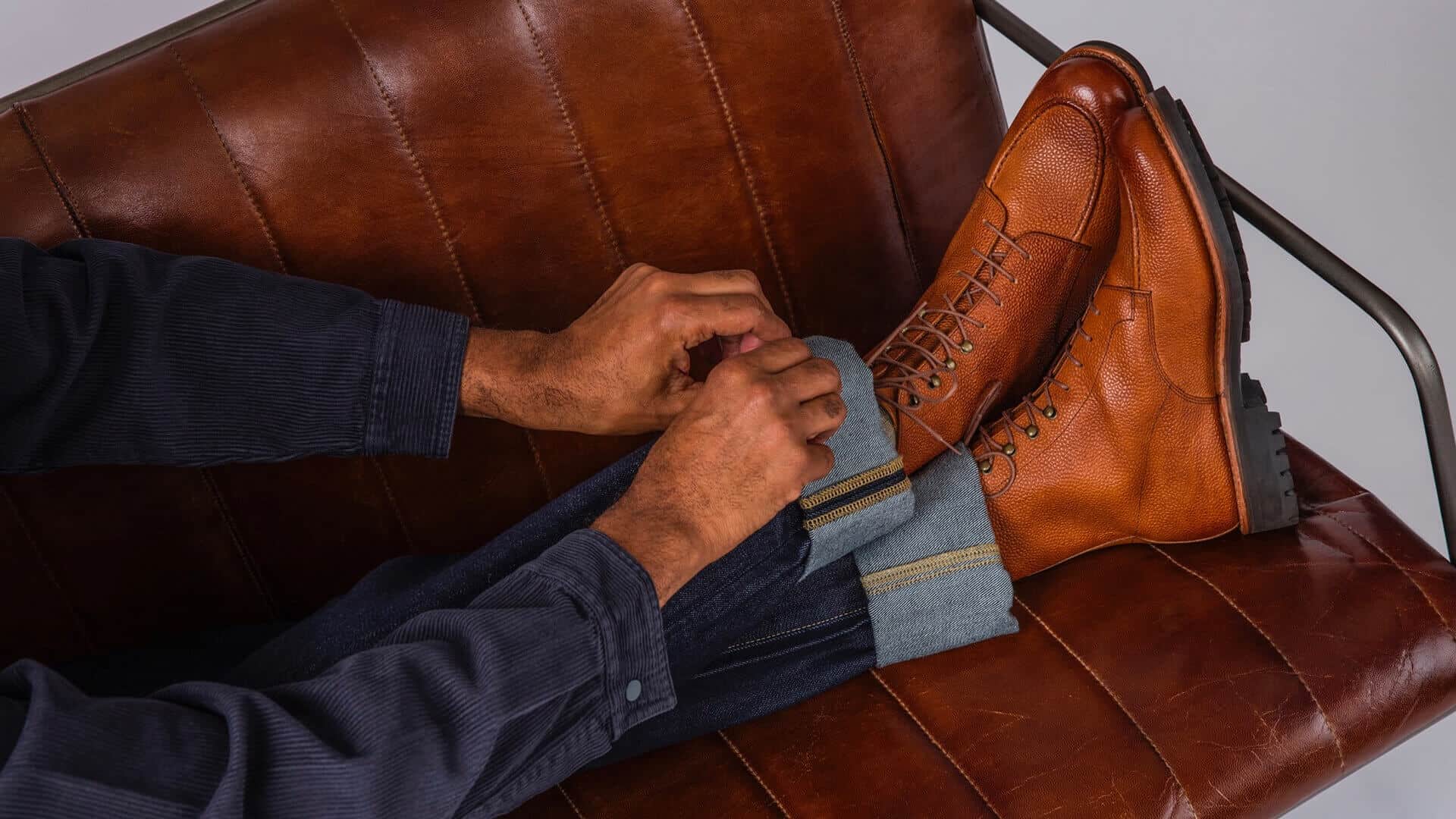
17 Northampton Shoe Brands Making The Finest British Footwear
Northampton shoemakers have been hand-cutting, lasting and finishing exceptional quality footwear for hundreds of years, and these english brands are masters of their craft.
Britain might not boast the richest culinary history, and the weather is notoriously bad, but when it comes to fashion, its heritage is unmatched. There’s Savile Row and its rich past as a tailoring mecca, while the UK’s diverse array of casualwear brands are the most creative and innovative around.
Then there’s the shoes. British shoemakers have been hand-cutting, lasting and finishing exceptional quality footwear for hundreds of years. Its master craftspeople have perfected classic models like Oxfords, Derbies and Chelsea boots – all of which originated in England.
But why is British shoemaking so revered, and what are the UK shoe brands you need to know? Read on to find out.
Northamptonshire: a shoemaking mecca
Britain, and specifically Northamptonshire, is arguably the home of shoemaking. The East Midlands county boasts the greatest concentration of traditional shoemakers found anywhere in the world and has been host to the most skilled workers and traditional factories for generations.
Its history dates back to the Middle Ages, when Northampton was a market town that reportedly hosted King John and his son Henry III who bought shoes from its burgeoning shopping district. The town was the perfect place for shoe production as it boasted natural resources, including plenty of rivers and fresh water, oak trees and bark used for tanning, and access to cows for leather.
For centuries, specialized craftspeople managed their shoe production from their own homes, but with the arrival of heavy machinery including Singer machines and the Blake Sewer in the 19th century, factories became a necessity. By the mid-1800s there were nearly 2,000 shoemakers in Northampton alone, many of which continued to thrive throughout the two World Wars, producing hard-wearing leather boots for UK forces.
However, like the wider clothing industry, shoemaking suffered post-war with the rise of cheap labor costs abroad and the increased use of synthetic materials. Today, a fraction of Northampton’s shoemakers are still around, but there’s still a large amount of choice – ranging from accessibly-priced, Goodyear-welted shoes, through to brands offering one-off bespoke designs.
British shoemaking today
With an unrivaled heritage and still producing in storied factories, English shoemakers today are thriving. The renewed interest in craft and the large demand for the best in leather shoes ensures there’ll always be a place for these specialized businesses.
But there’s no doubt that to survive many of them had to adapt. The shoe market isn’t the same today as it was 100 years ago, so even the most prestigious of shoemakers have had to switch up their styles while remaining true to their original visions.
This means that historic Northampton shoe brands such as John Lobb now produce a line of luxury sneakers alongside handmade Oxfords and leather boots, while Crockett & Jones now sells as many chunky commando sole Derbies as they do the classic leather sole variety.
There are other ways the industry has modernized, too. Many shoemakers have turned to the fashion world’s model of collaborations, which put their products in front of a wider net of people. Classic names including Tricker’s and Cheaney have partnered up with everyone from streetwear brands through to high-fashion labels, producing limited-run shoes that flirt with hype culture, while staying true to the high levels of craft associated with Northampton shoemaking.
Then there are the shoemakers who’ve had to outsource production to other countries. The likes of Grenson and Loake still produce their high-end shoes in the UK, but for the vast majority of their range they work with factories in Asia.
This might rub some people up the wrong way but it’s a cold hard fact that manufacturing in the UK is prohibitively expensive, so it’s necessary for them to source cheaper labor. It also means you can secure a pair of British-designed shoes at a more affordable price point.
The best English shoe brands in production today
Grenson
One of the more contemporary shoemakers in this list in terms of design and branding, Grenson is arguably one of the most successful too. This is thanks to its wide range of styles, from chunky-soled boots to retro-styled sneakers, which appeal to a broad customer base.
Grenson has been in production since 1866 and it still makes its ‘G: One’ line in its historic Northamptonshire factory. It also manufactures other ranges in India, ensuring its contemporary designs can be sold at a lower, mass-market price point.
The sheer volume of styles it produces is impressive, and if you’re in the market for rubber-soled leather boots, few brands do it so well and for such a fair price.
Loake
Another household name, Loake has been around since 1880, producing classic, Goodyear-welted shoes at its factory on Wood Street in Kettering – the same factory where it all started.
A family-owned brand with a Royal Warrant by Appointment of HM the Queen, Loake is known for its timeless designs that span loafers, Chelsea boots, brogues, Oxfords and Derbies. It also now produces an in-house sneaker collection, which is popular with customers seeking something more relaxed yet still exquisitely made.
Many of its designs are still made in England but like Grenson, Loake also outsources production to countries abroad, which helps keep costs down.
Church’s
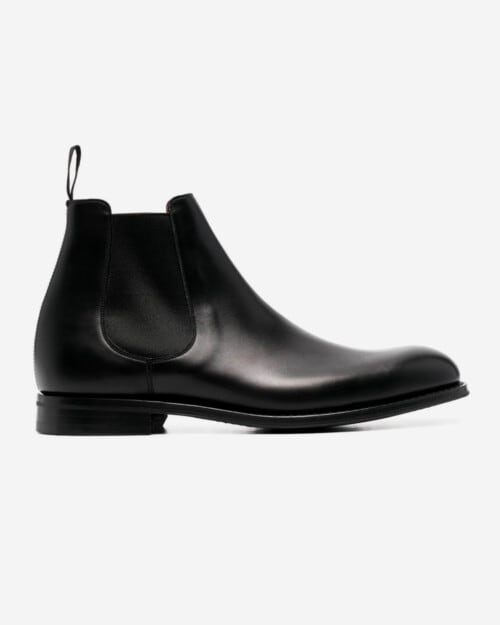
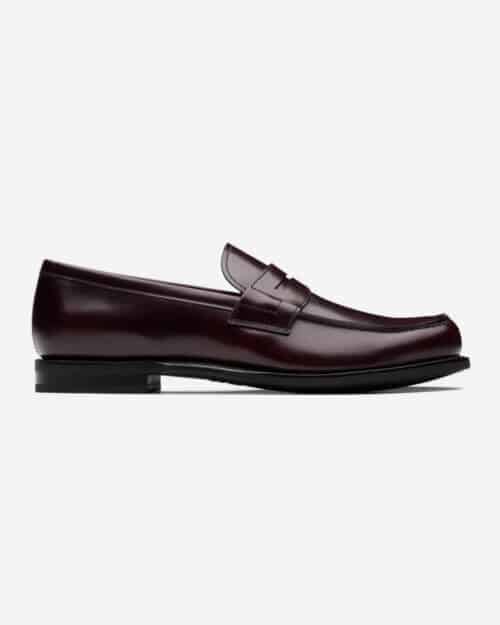
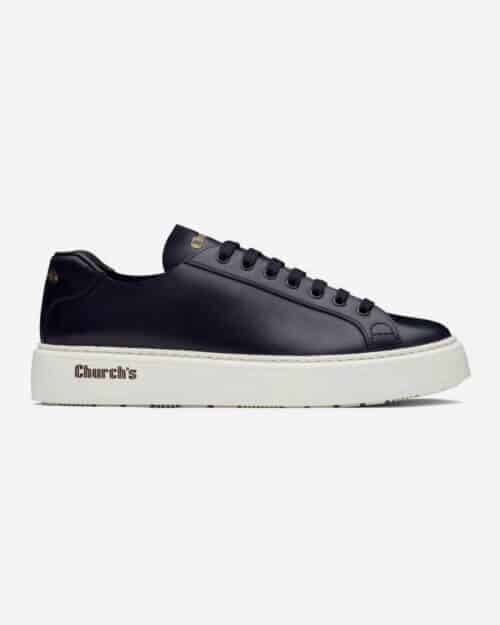
Church’s began humbly in a small workshop in Northampton on the 1 May 1873. It went on to become one of the biggest and most revered names in British shoemaking, eventually bought out by fashion house Prada in 1999.
Church’s is a huge company today, boasting stores in 16 countries as well as a series of high-profile collaborations – most recently with streetwear label Off-White – which places it somewhere between the world of high fashion and old-school craftsmanship.
The brand continues to produce its wares in the UK and does the classics extremely well – but its regular sneaker drops and chunkier, trend-led designs have widened its appeal to hypebeasts and traditionalists alike.
Crockett & Jones
Founded in 1879, Crockett & Jones entered the market alongside a flurry of independent shoemakers hoping to make their mark on the footwear industry. Nearly 150 years later it’s done exactly that, establishing itself as a major player and custodian of traditional English shoemaking.
C&J has never veered too far from its roots, but it has subtly and cleverly updated its roster to suit the desires of today’s consumers. Its range of classic designs is rarely bettered, but the brand also does a fine line in more contemporary silhouettes ranging from chunky, lug-soled Derbies to unstructured loafers.
It’s also been the shoemaker of choice for 007 himself, with the brand gracing the feet of Daniel Craig’s Bond multiple times – a fine endorsement in itself.
Edward Green
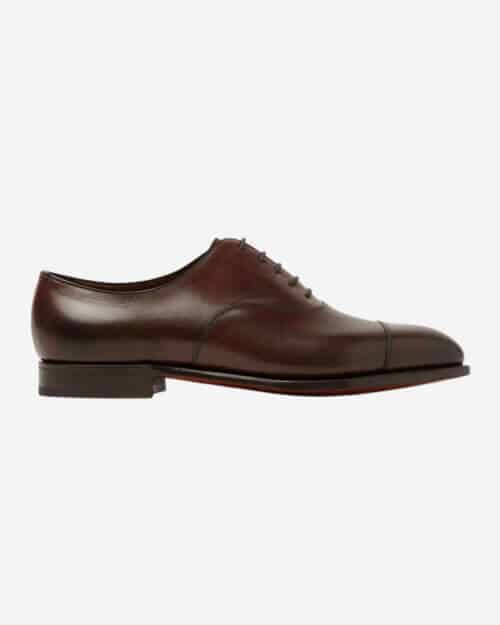
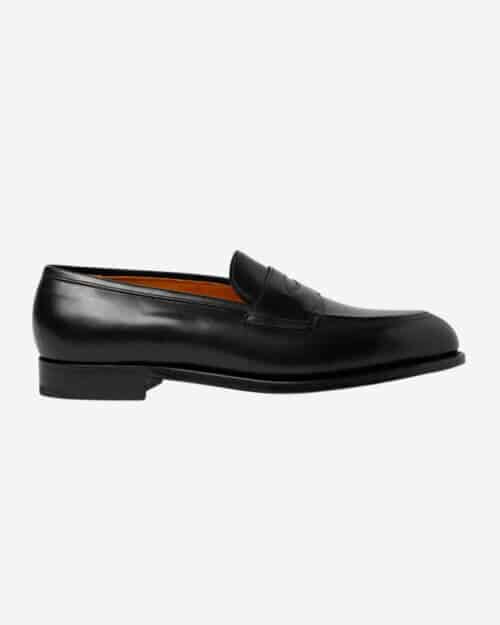
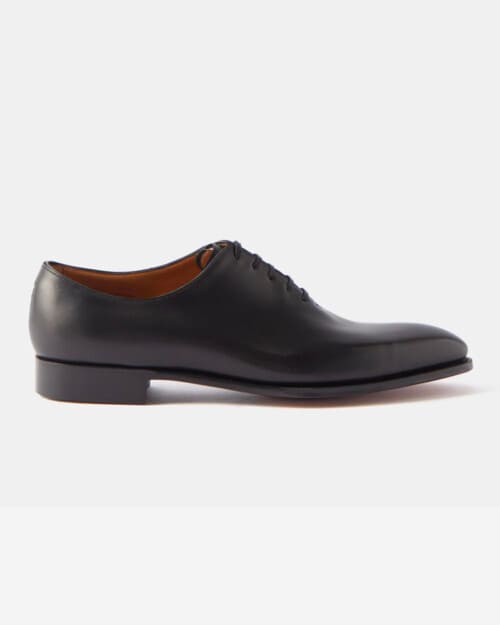
Edward Green lays claim to being one of the greatest shoemakers Britain has produced. Starting in 1890, its eponymous founder was obsessed with shoes and set out to manufacture them in a completely unrivaled manner. He largely succeeded, and in the years that followed the brand would go on to be worn by everyone from Ernest Hemingway to Edward, the Duke of Windsor.
Edward Green prides itself on the materials it sources, which range from French calf leather to the softest Italian suede, and its dedication to the craft is unwavering, producing in the region of 350 pairs a week – a much lower figure than most other brands – allowing it to keep the quality consistently high.
John Lobb
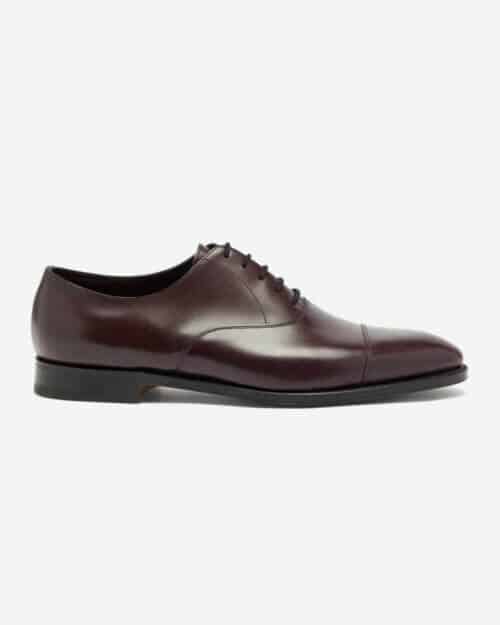
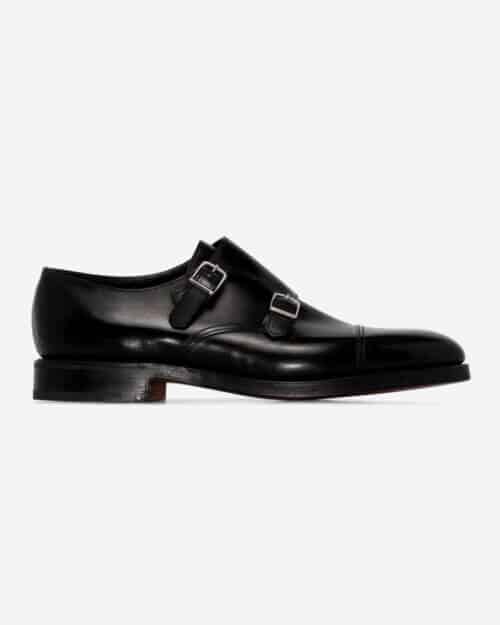
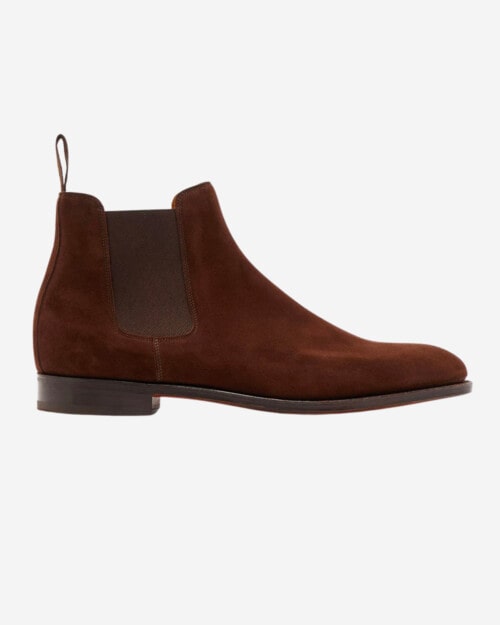
Globally renowned for its quality and dedication to the finest materials, John Lobb is an iconic British brand. Shortly after its inception in the 1860s, Lobb was awarded the title of bookmaker to the Prince of Wales, a badge of honor it proudly wears to this day.
It was acquired in 1976 by Hermes, which helped rapidly expand the brand to what it is today, with 19 stores dotted around the world, from London and New York to Dubai and Tokyo.
Still manufacturing exclusively in the UK, it offers a bespoke service for an even more luxurious experience, so you can commission almost anything your heart desires.
Tricker’s
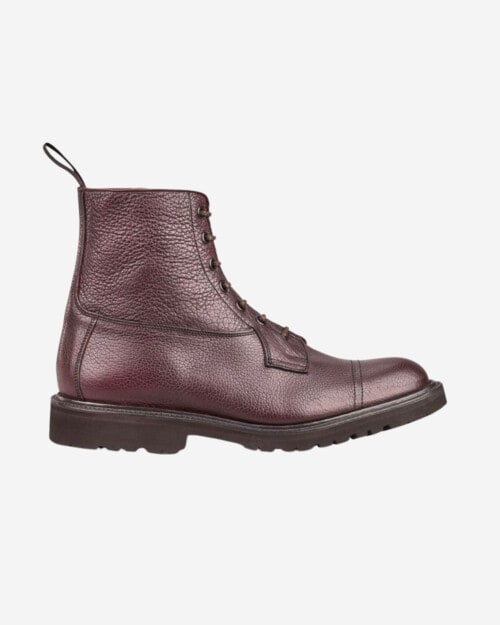
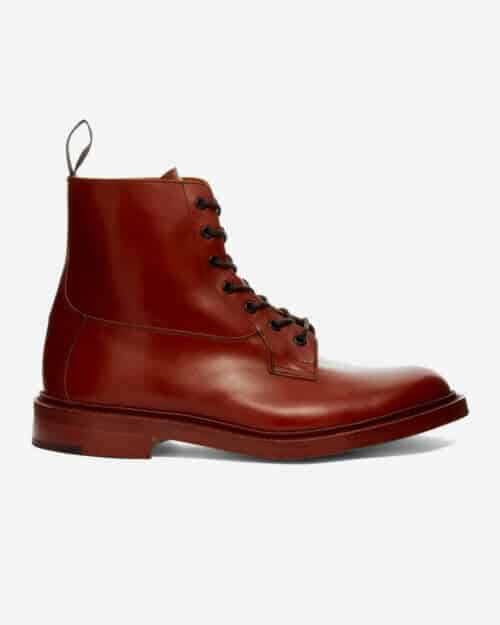
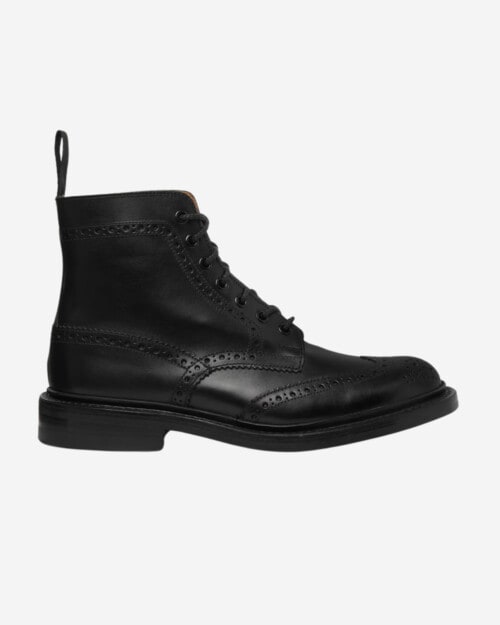
Tricker’s is the longest-running shoemaker in England, having been established way back in 1829. It found its permanent factory sometime later, in 1904 in the heart of Northampton, where it still makes its exceptional quality shoes to this day.
Tricker’s is renowned for its chunky, waterproof boots, which are arguably the finest you’ll find anywhere in the world. From black leather brogue designs to its Grassmere country collection, made from kudu leather, the British shoemaker’s range of boots is without peer.
Cheaney
Like many brands on this list, Cheaney still operates from its original factory in – you guessed it – Northampton. Having been based at the same site since 1896, this is a brand with a heritage to rival all others.
A core supplier in the First World War, Cheaney produced around 2,500 pairs a week for the British army, making use of its advanced machinery (of the time).
The brand continues to manufacture exclusively in the UK, making use of its decades of experience in crafting premium quality Goodyear-welted shoes and boots.
Barker
Barker was set up over 140 years ago in 1880, where it, like many others on this list, aimed to produce the best shoes in the world. It still manufactures in the same town of Earls Barton today, producing its impressive range of luxury leather loafers, Derbies and boots from its Northamptonshire home.
Barker is renowned for its smart shoes and boots, which are crafted from a diverse range of premium leather and suede. The Bedale Chelsea boot is a highlight with its sleek silhouette and high-shine calf leather finish. Goodyear-welted and made on the brand’s sculpted 469 last, it’s arguably one of the finest takes on the iconic silhouette.
George Cleverley
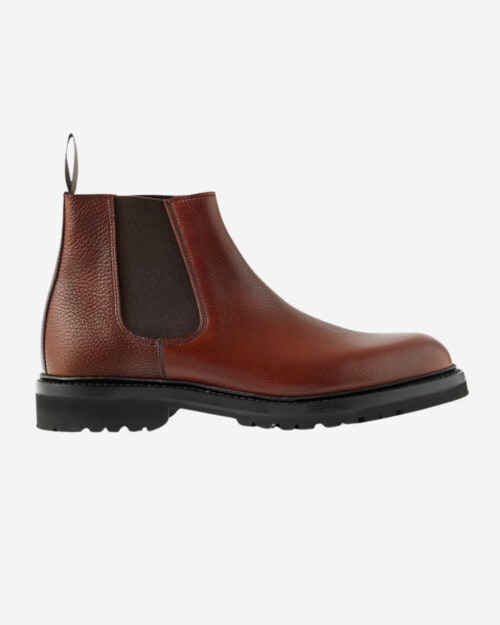
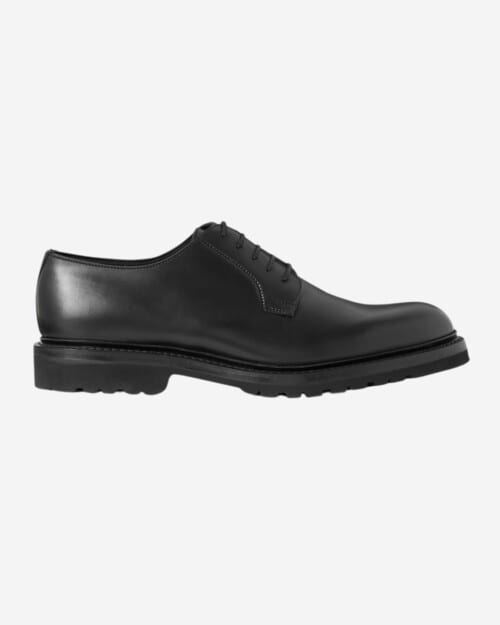
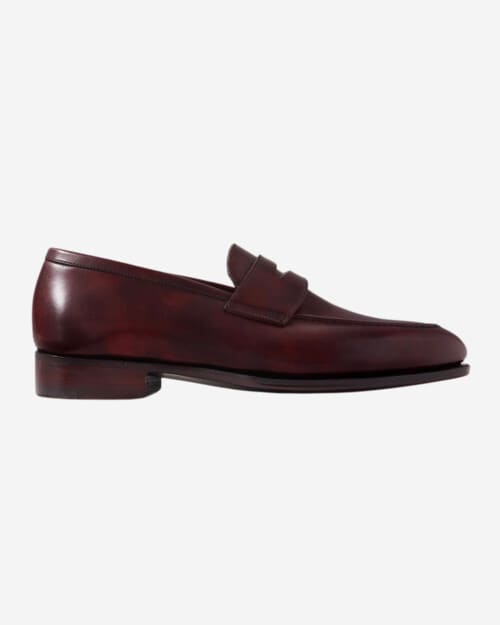
Dating back to the turn of the 20th century, George Cleverley is one of the most revered shoemakers in England. Its craftspeople undergo three-to-five-year apprenticeships to ensure they live up to the brand’s standards and classical styling.
Cleverley’s ready-to-wear collection is traditional but includes an impressive variety among those tried-and-true silhouettes, from Derbies to loafers. The brand also creates bespoke shoes for its (literally) well-heeled clientele, which include everyone from Winston Churchill to Ralph Lauren.
Gaziano & Girling
As the name suggests, Gaziano and Girling is a fusion of English and Italian shoemaking, combining British tradition and craft with silhouettes more commonly associated with Italian style. It’s a relatively young brand, just 25 years old, but the team of 20 who work at the Kettering factory have more than 100 years of experience between them.
The brand’s youth also brings a fresh perspective on classic designs. Check out its hatch grain leather or the distinctly European lines in its loafers, Oxfords and monk straps. With a property on Savile Row, you can also take advantage of the brand’s bespoke service, where you can have a custom pair of shoes or boots made in around 16 weeks.
Goral
With 80 years of craft behind it, Goral fashions handcrafted shoes at its family-run workshop in Sheffield. What makes it unique on this list is that its primary focus is resoleable minimalist sneakers, created with the same attention to detail that its peers pay to Oxfords and Derbies. The brand also makes boots and shoe-trainer hybrids.
It’s a lifetime investment. Every pair of Goral shoes comes with a lifelong repair guarantee, while the brand’s Blake stitch allows for easy resoling when you need it.
Alfred Sargent
Working from the same workshop in Rushden, Northamptonshire since 1899, Alfred Sargent isn’t the best-known name in British shoemaking but its low profile belies exceptional quality.
It sells three collections based on different lasts, heels and uppers and there’s an old-school dandy flair to the brand’s designs, including jodhpur boots and low, flat loafers.
Duke and Dexter
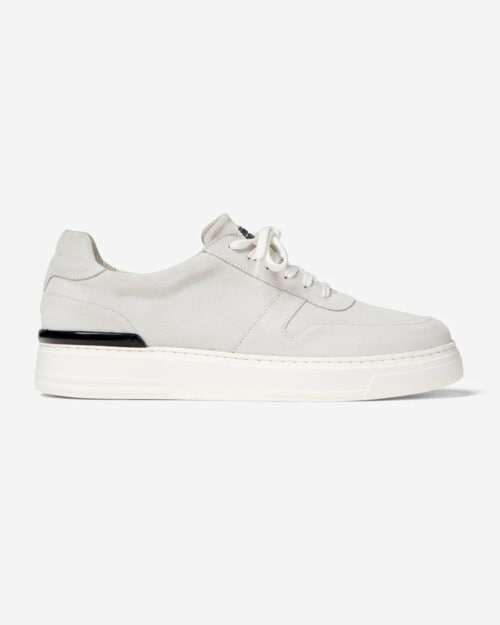
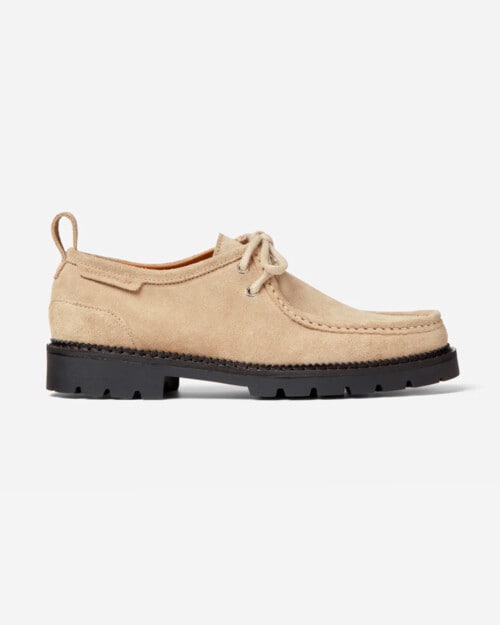
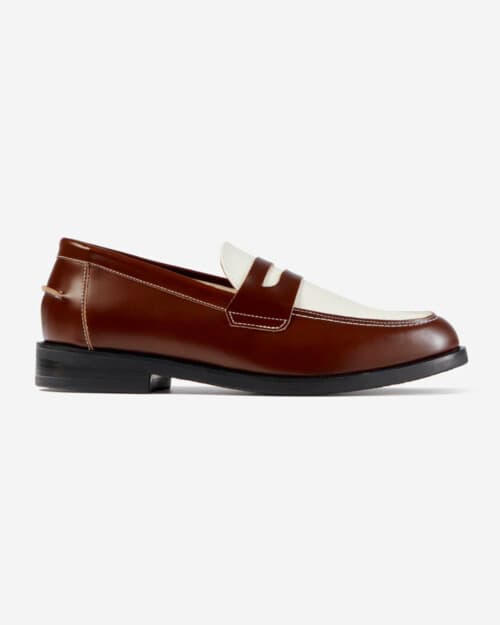
A punkish upstart on the traditional British shoemaking scene, Duke and Dexter doesn’t do old-school Oxford and Derbies. Instead, the brand is known for its two-tone and patterned loafers, commando-soled boat shoes and sneakers.
The aesthetic lends itself more easily to a tailored brand of streetwear and the brand is a celebrity favourite. Not every pair is made in the UK, but Duke and Dexter has a workshop in London and a factory in the north of England.
Solovair
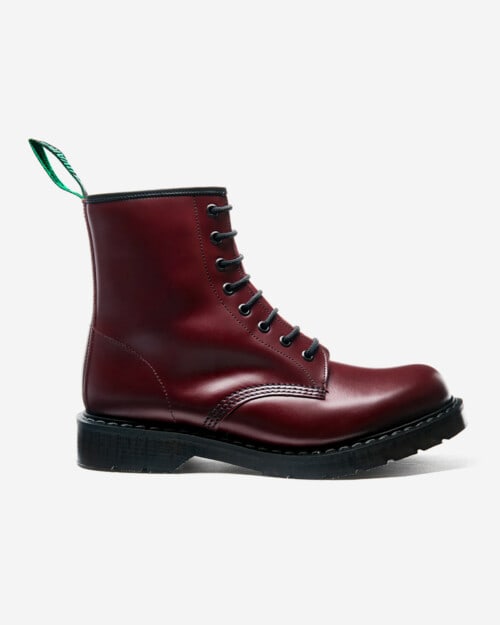
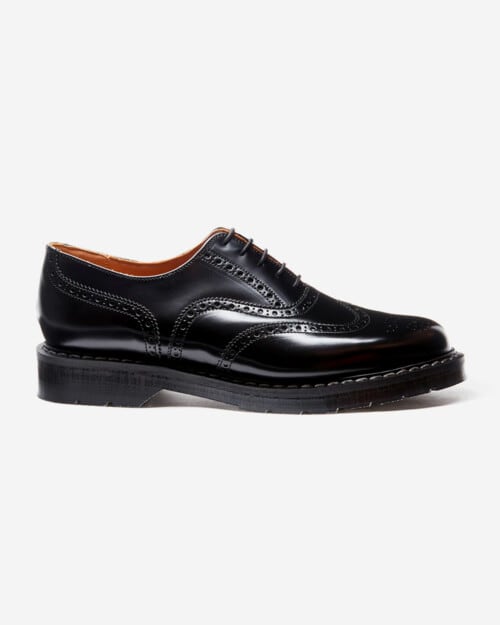
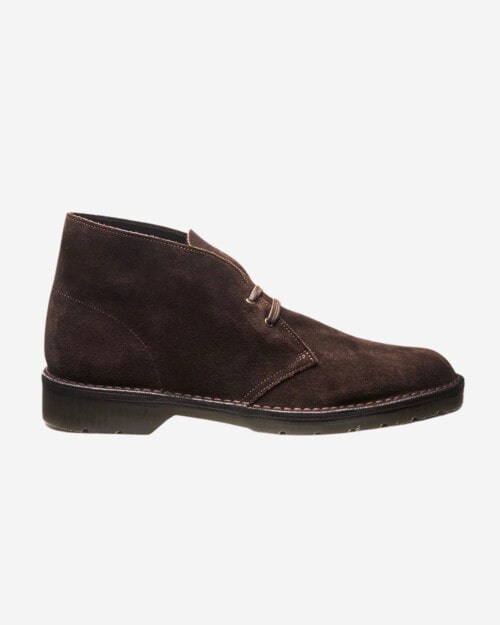
Solovair has been crafting sturdy British footwear since 1881. Back then it was a community-run co-operative known as the Northamptonshire Productive Society. During its long history, it has made Dr. Martens under license, as well as shoes for the likes of John Lewis and Kurt Geiger.
Today, it proudly sells its own wares, produced in the same factory that the company has called home since 1899. The chunky soles and eight-eyelet boots are reminiscent of the Dr. Martens days but the brand also produces a huge range of other shoes and boots, including suede chukkas, classic brogues and biker boots.
Dr. Martens
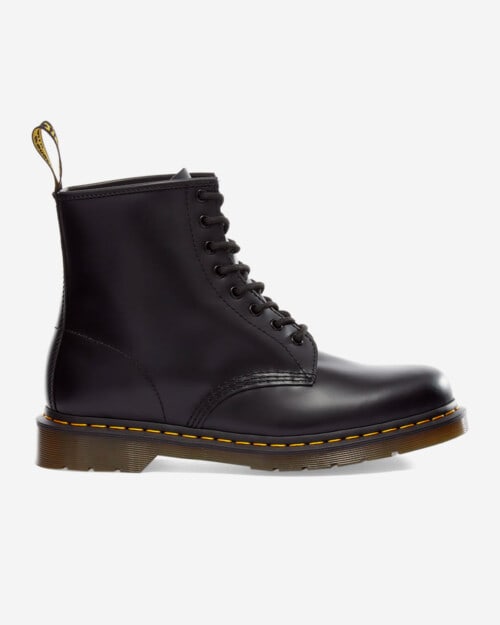
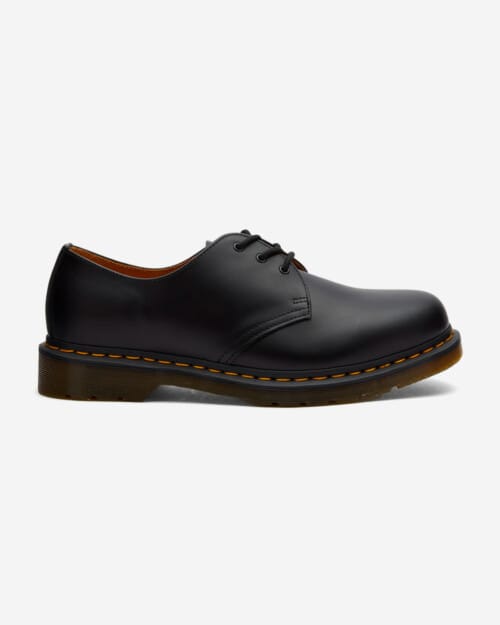
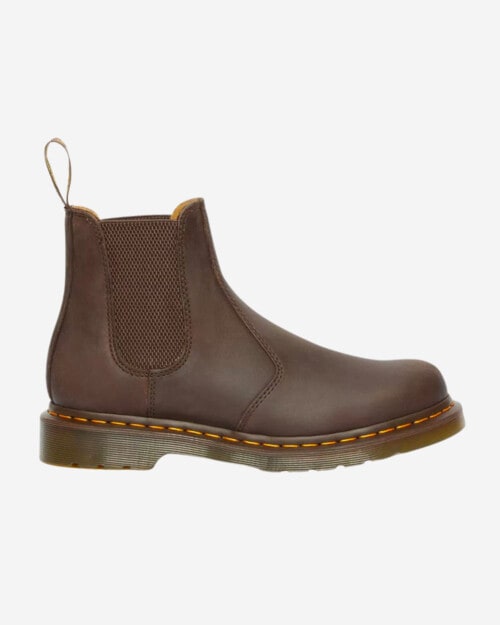
One of the most recognizable shoe brands in the world, and one that’s embedded in street culture like no other, Dr. Martens combines the tradition of Northamptonshire-based bootmaking with a German innovation for air-cushioned soles.
The brand’s now-iconic shoes and boots started life as workwear, worn by everyone from postmen to nurses for their all-day comfort. Then the good doctor became popular with youth cultures like punk, and the rest is history.
As a global brand, not all Docs are today made in England, but you can shop the styles that are. These include a number of the most famous silhouettes, including the 1460 boot, 1461 Derby and the 2976 Chelsea boot.
Sanders & Sanders
Boasting all the hallmarks of the best made-in-England shoe brands, Sanders & Sanders is a family-run company that works from the same Northamptonshire factory that it has occupied for the past century.
The collection is huge. From work boots and traditional patent Oxfords to more modern silhouettes like chukka-sneaker hybrid high-tops, the range is considered, modern and wearable.
What does ‘British-made shoes’ mean?
Because some brands now split their production between the UK and other countries, the concept of English-made shoes has become a little opaque. There are certainly some brands whose shoes are made exclusively in Northamptonshire factories. Others restrict their British production to their most exclusive lines and designs.
Some brands may also use third-party factories, either in the UK or abroad, and split their production between in-house workshops and those of their partners. So in some cases, a ‘British-made’ shoe may also have seen the inside of factories in Portugal or China.
The good news is, if you’re serious about heritage shoemaking, the majority of the best English shoe brands are transparent about where each model is made. Their websites also explain their production processes and history in exceptionally nerdy detail. And if you’re ever uncertain about your next loafer’s provenance, you can always contact the brand in question to find out.
Why buy British shoes?
There’s something romantic about buying British because literally and figuratively, you’re stepping into history. Northampton shoemakers are not exaggerating when they tell you that their designs and processes, not to mention the factories where the shoes are made, date back centuries.
But it’s not all heart over head. With that rich history comes experience that quite simply isn’t found anywhere else in the world (except maybe Italy, but let’s have that fight another day). Buy British and you’re also buying quality materials, a blend of innovation and tradition, plus truly exceptional construction. Master cordwainers with decades of experience often stay with the same brands and bring on new generations of shoemakers via years-long apprenticeships.
English-made shoes will last a decade or more if you treat them well, and the vast majority of brands will also offer resoling and refurbishing so your shoes can walk all the way through life with you.
